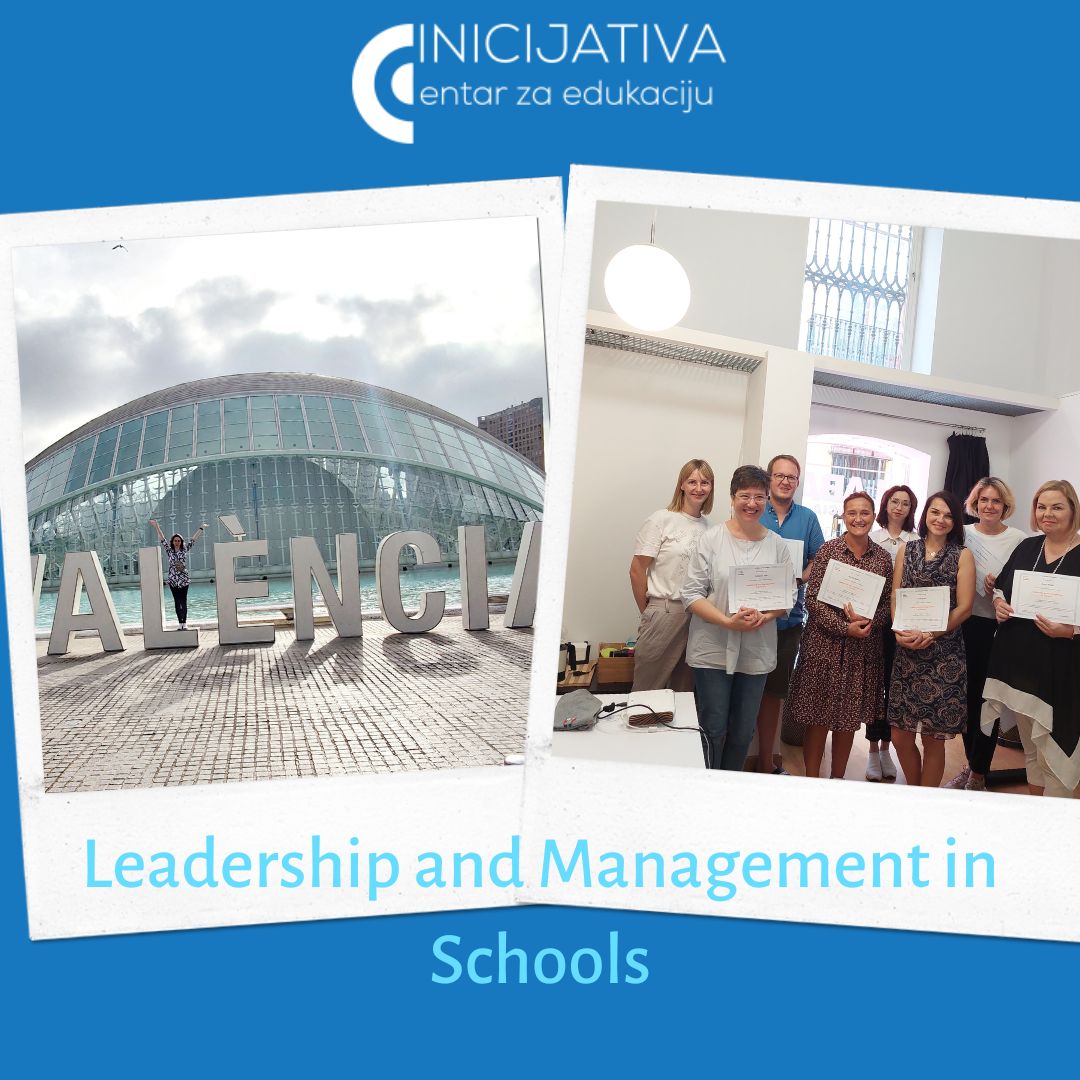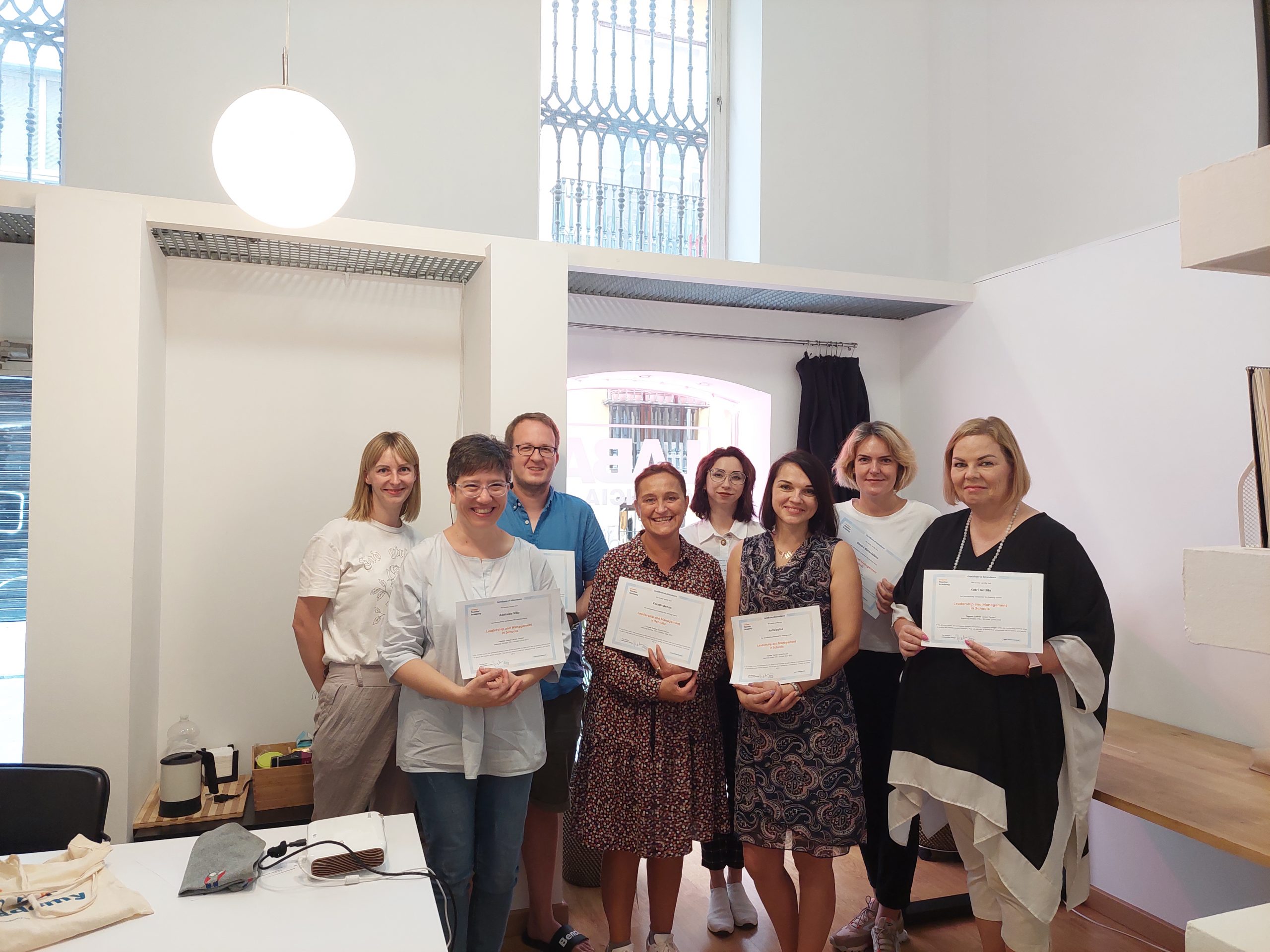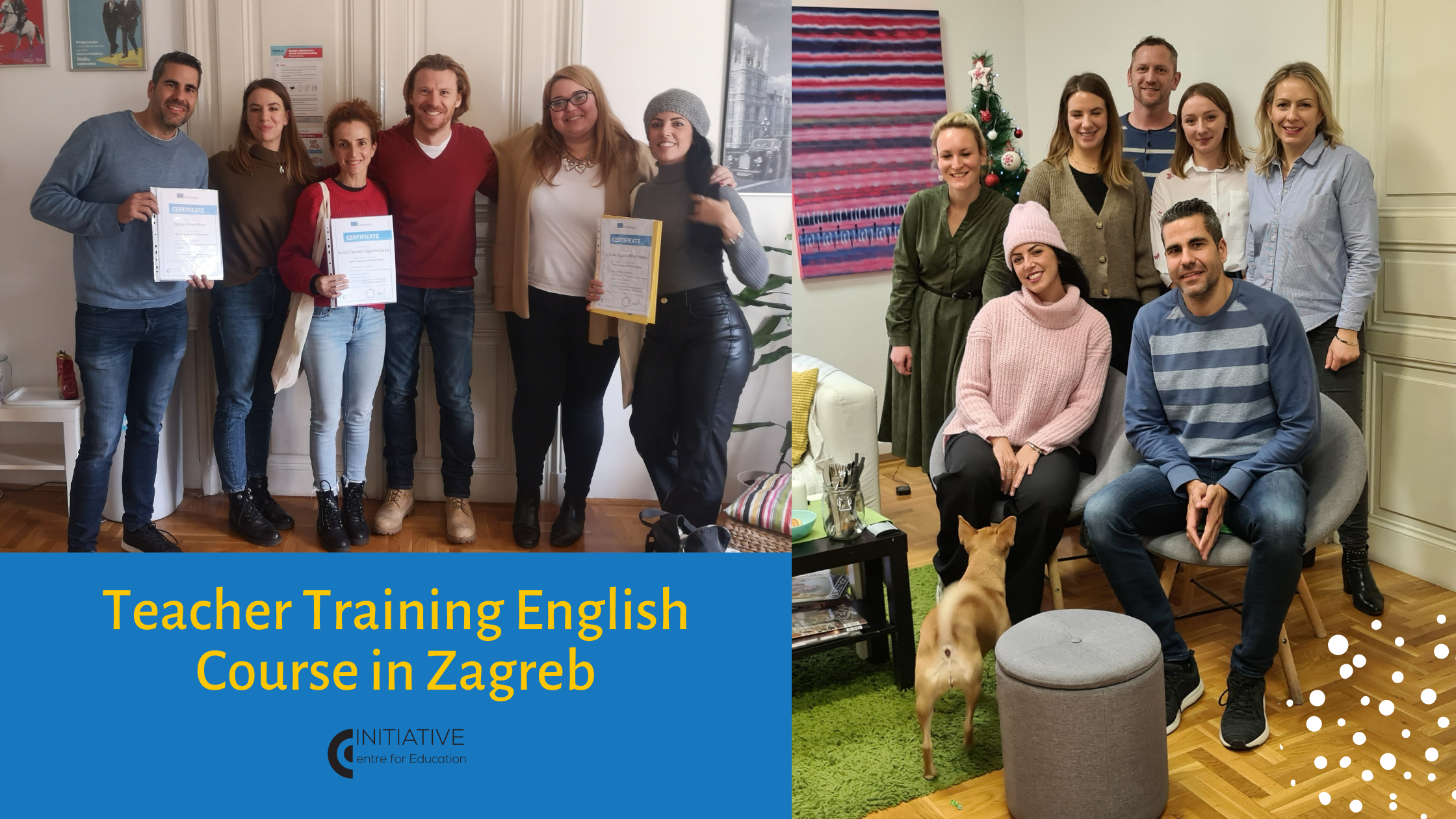What makes a great Erasmus+ programme? Is it the innovative courses, the breathtaking location, or the inspiring people you meet along the way?
Well we would like to suggest to go to Split, Croatia with Erasmus+ this Summer for the above reasons. Our Erasmus+ offerings encompass all these elements and more, promising an educational journey that's as enriching as it is unforgettable. Here are 10 reasons why to go to Split for your Erasmus+ programme this Summer
1. Explore Diocletian’s Palace - an ancient Roman palace located in Split. This UNESCO World Heritage Site is a must-see and offers visitors the opportunity to explore its many chambers, courtyards, and subterranean chambers.
2. Taste the Local Cuisine - Split offers a unique mix of regional Croatian and Mediterranean cuisine. Try some of the local specialties such as Dalmatian pašticada, pršut and cheese, as well as fresh seafood.
3. Enjoy the Beaches - the crystal clear Adriatic Sea and its numerous beaches make Split a great destination for lovers of the sun and sea. Relax on the sandy beach at Bačvice or go for a swim at pebble beach, Kašjuni.
4. Go Island Hopping - Split is a great base for exploring nearby islands. Take a day trip to the picturesque islands of Brač and Hvar, or take a ferry to stunning Korčula.
5. Visit Marjan Forest Park - a large, wooded hill on the west side of Split. Take some time to explore the many trails, scenic views, and churches in this beautiful park.
6. Try the Local Wine - Croatia is known for its delicious wines, and Split offers some of the best. Visit a local winery to sample the local wines and find your new favourite.
7. Appreciate the Architecture - Split’s architecture is a mix of old and new. Take a stroll through the old town and appreciate its Baroque and Gothic buildings, and modern structures.
8. Discover the History - Split has a rich history, from ancient Roman times to the present day. Take a tour of the historic sites and learn about Split’s past.
9. Participate in Festivals - Split is full of festivals throughout the year. Join in the fun and take part in the celebrations of art, music, food, and culture.
10. Experience the Nightlife - Split offers a vibrant nightlife scene with a mix of bars, clubs, and pubs. Spend a night out on the town!





Unlock the doors to a world of opportunity and join us on a journey of discovery and fun in beautiful Croatia!
Download our 2024 Course Catalogue
By signing up you accept our Terms of Use
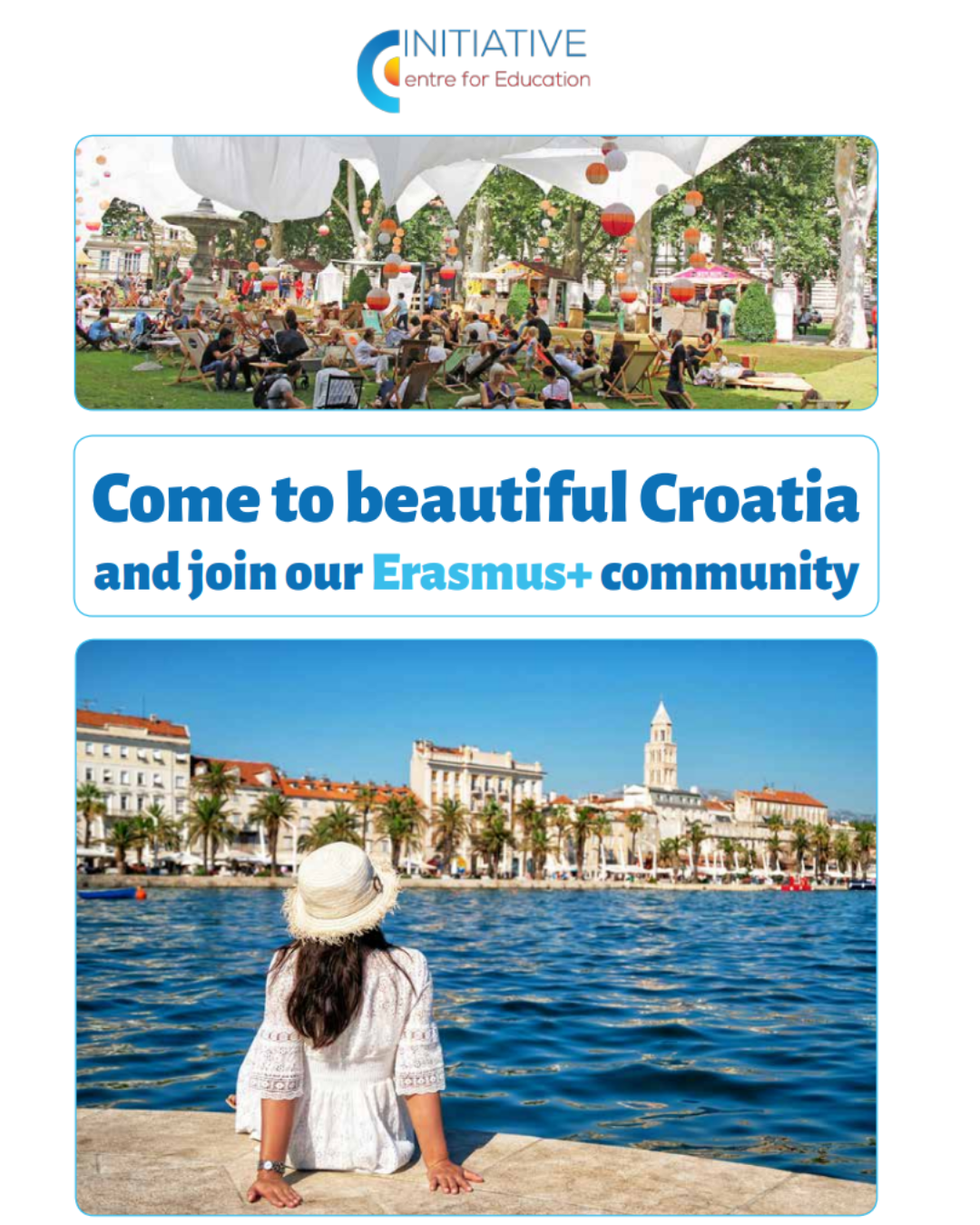
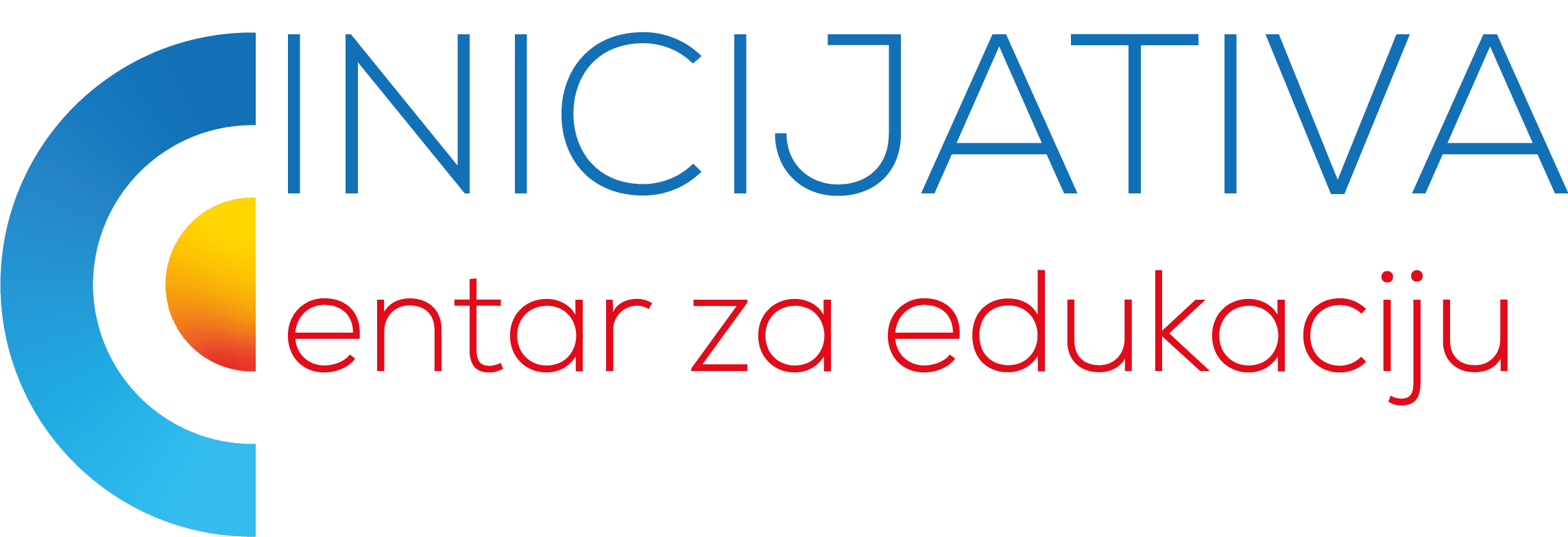
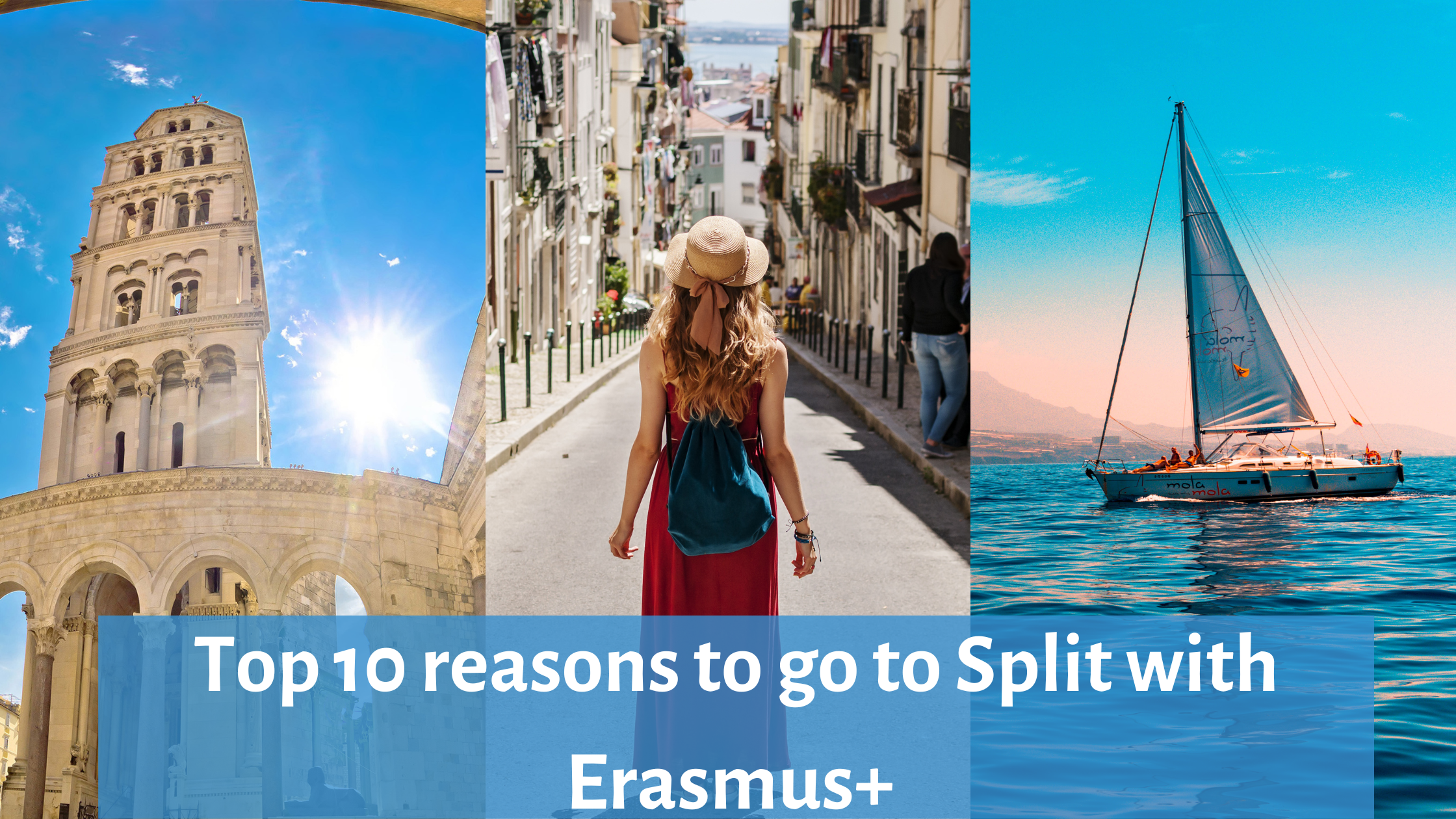


 B
B Native speakers
Native speakers Full immersion course
Full immersion course Dynamic and interactive classes
Dynamic and interactive classes Learn and enjoy the beauty of Croatia coast
Learn and enjoy the beauty of Croatia coast
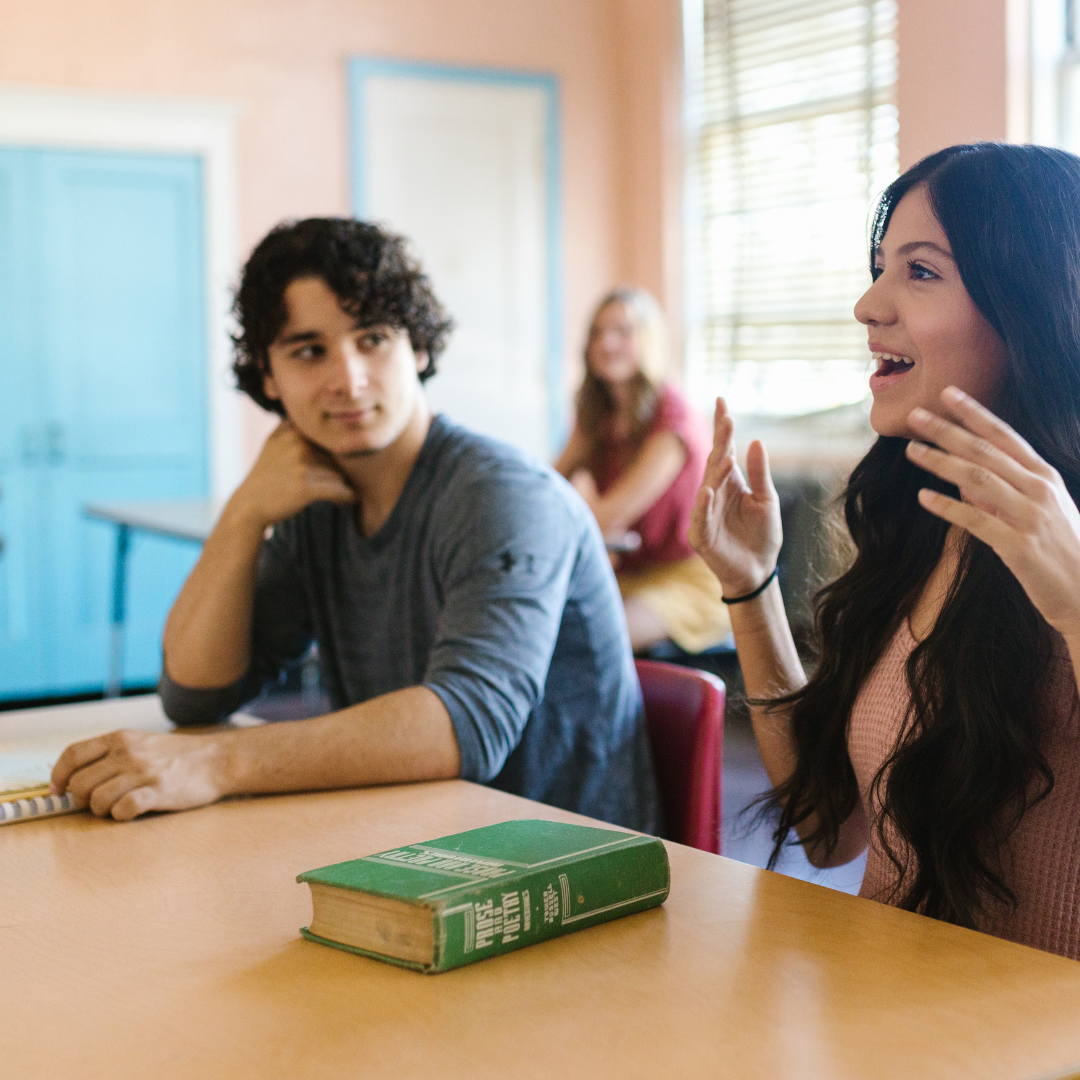
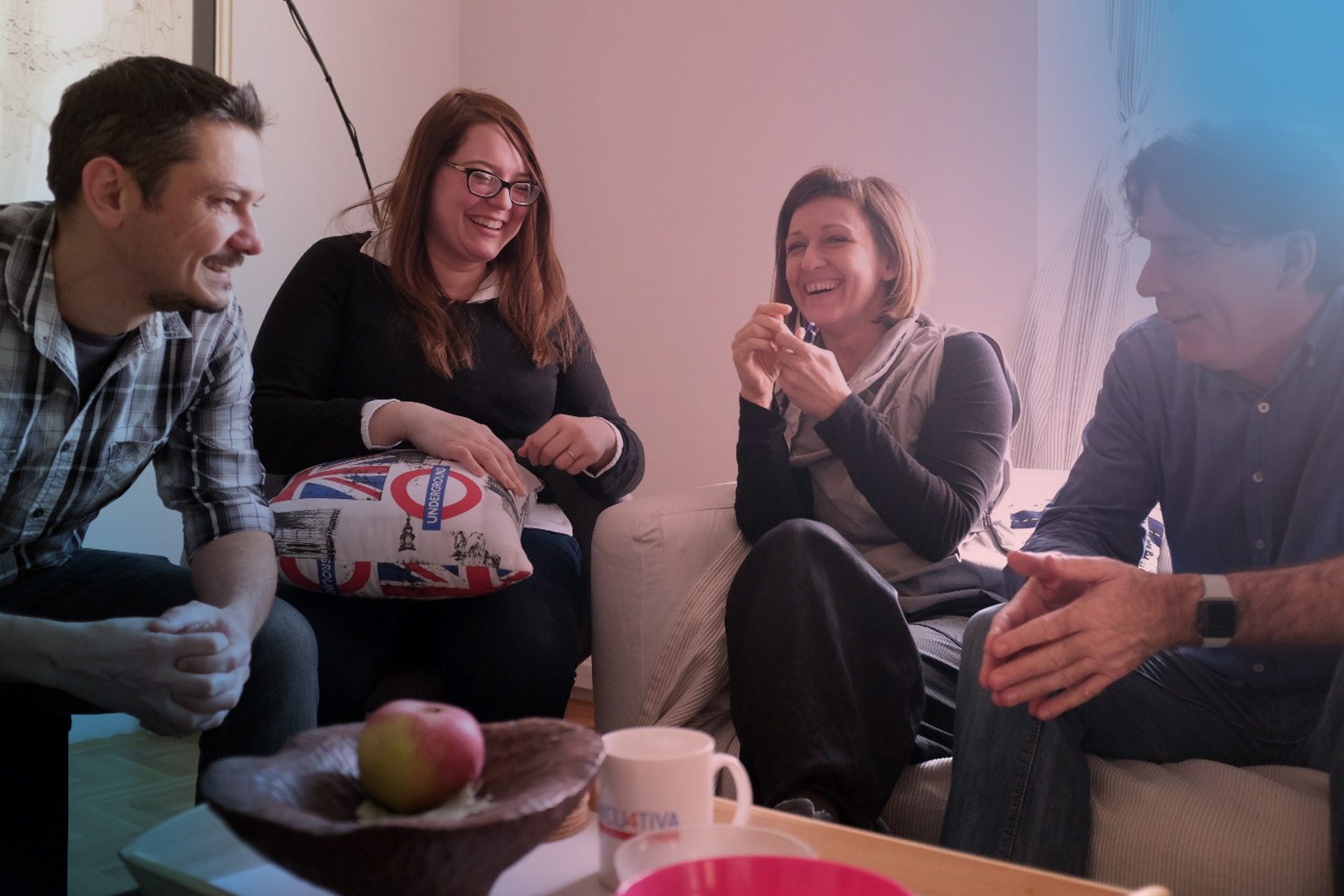
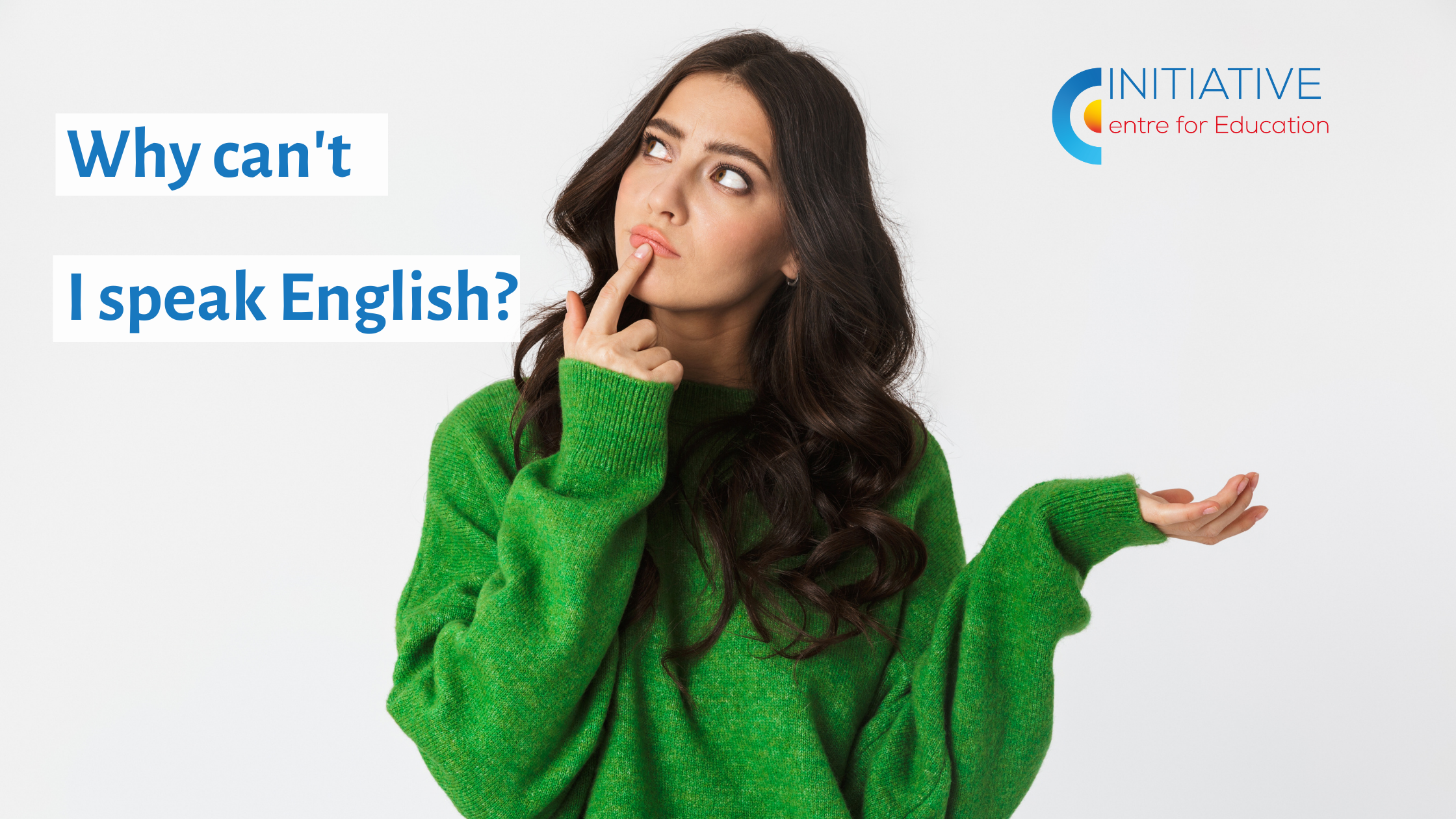


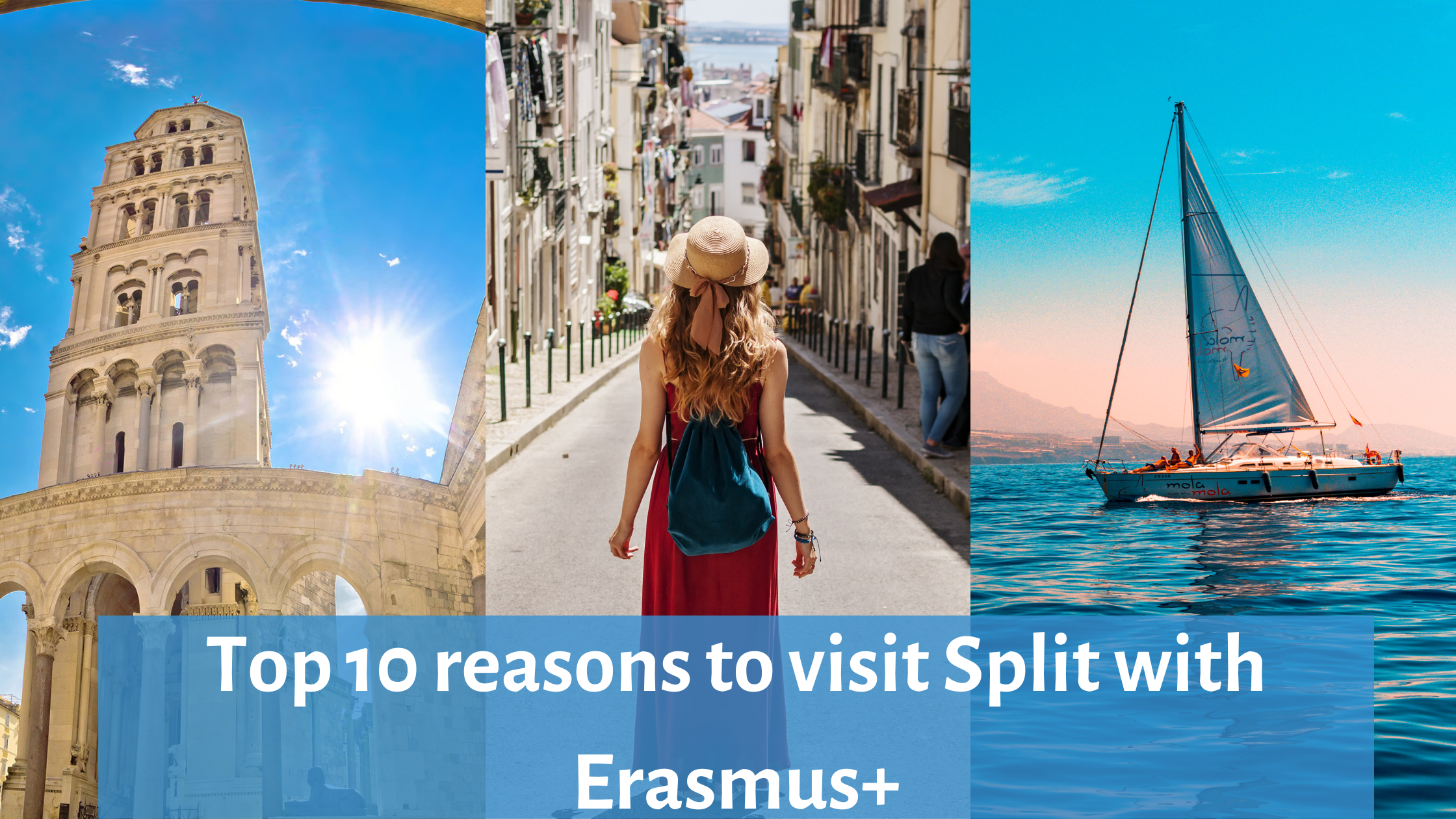
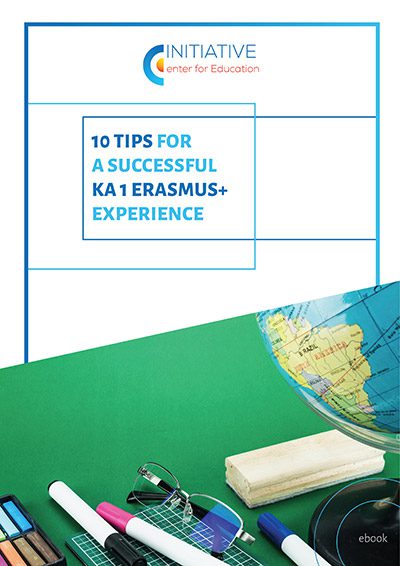
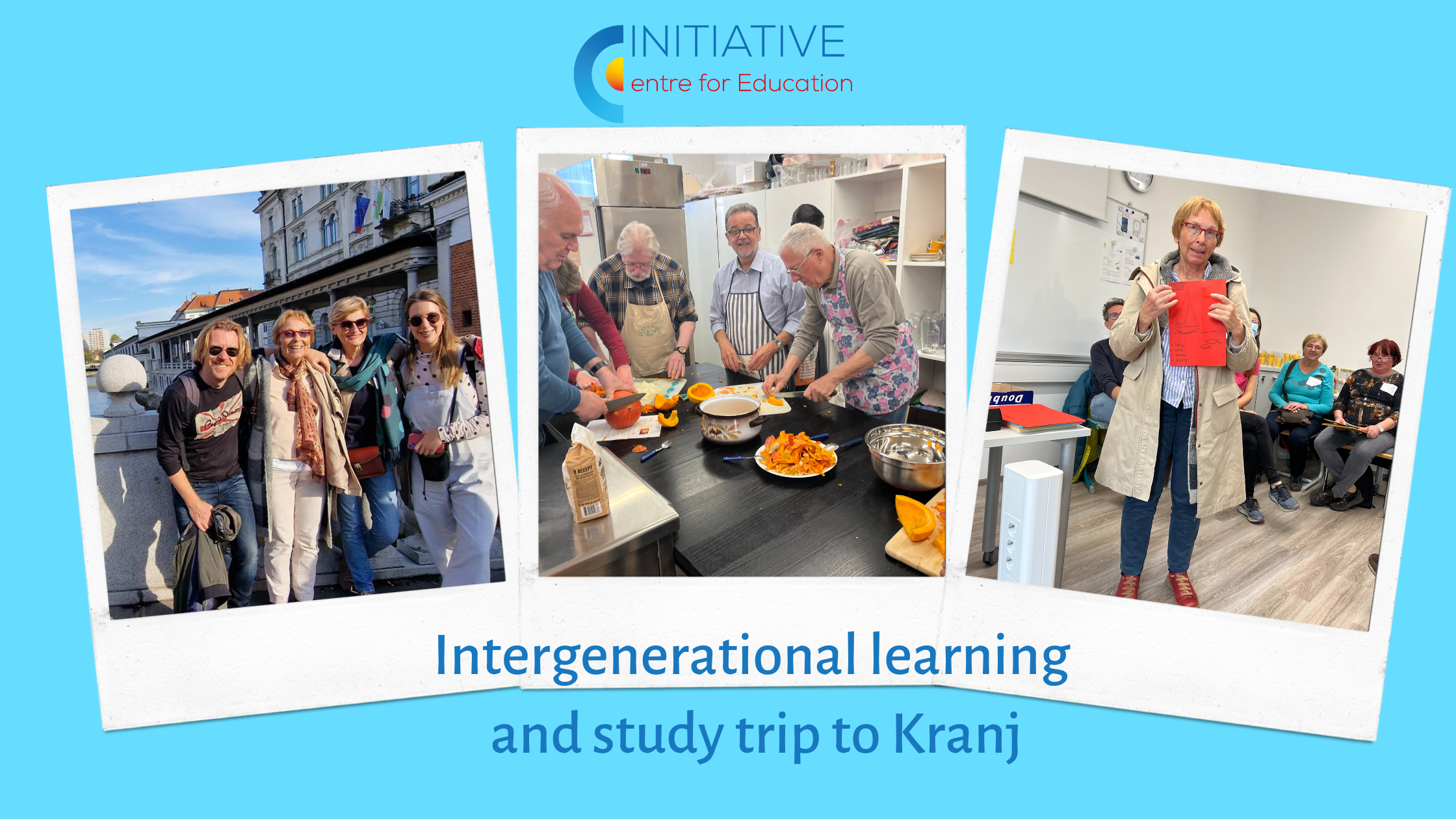
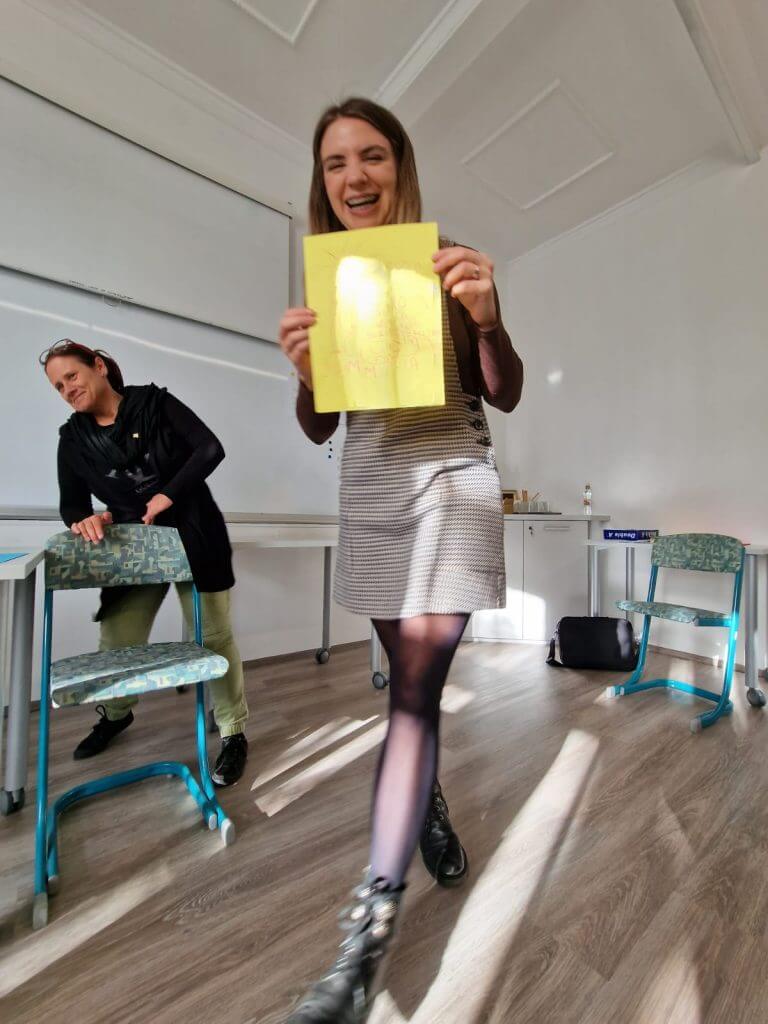
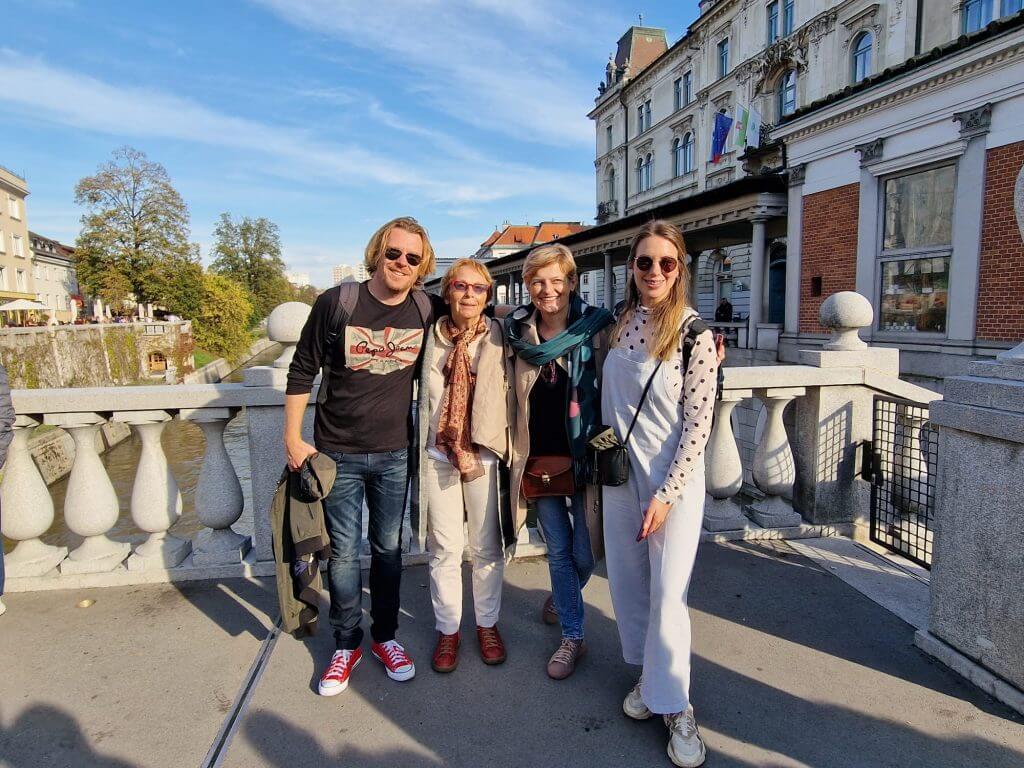
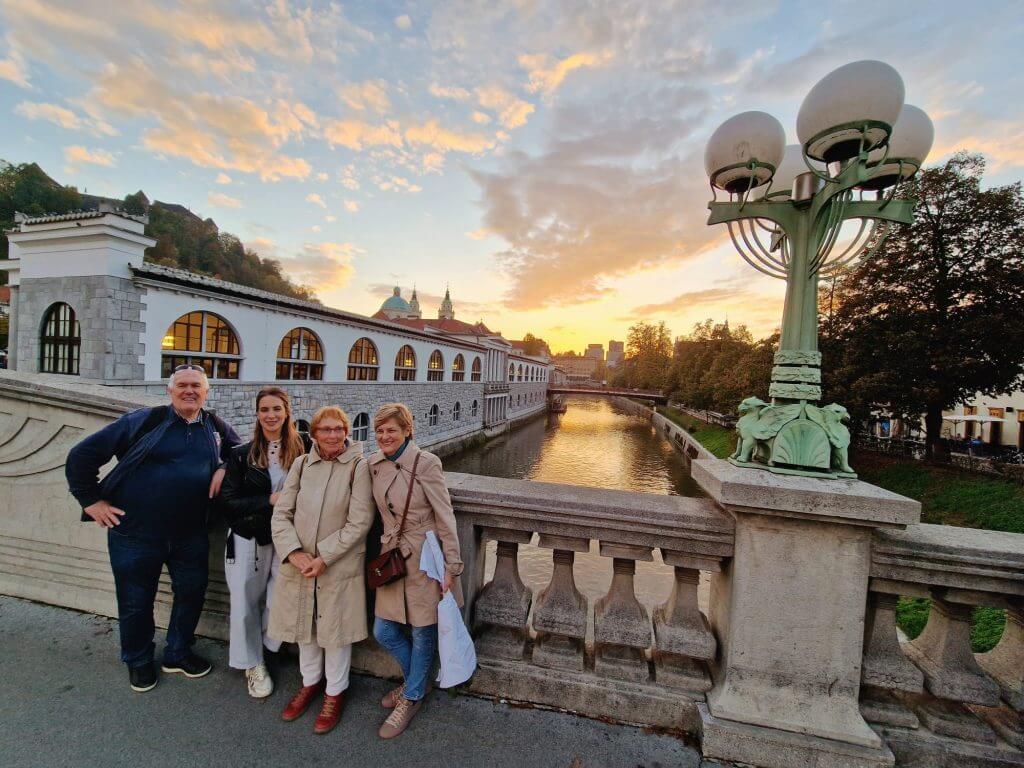
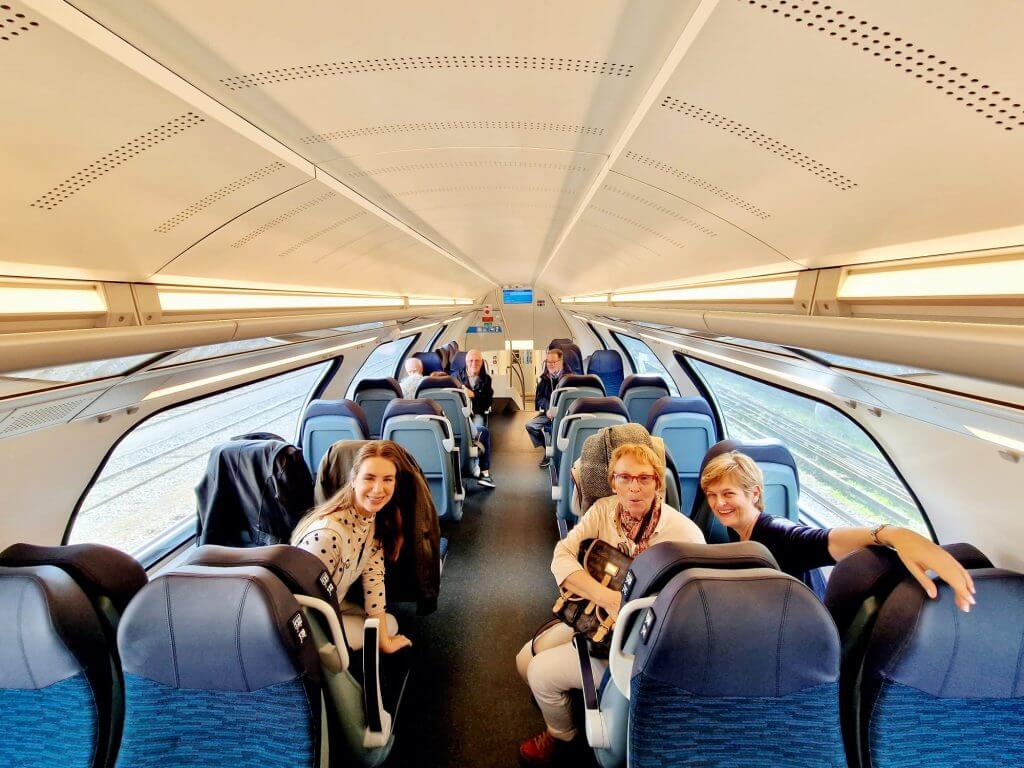
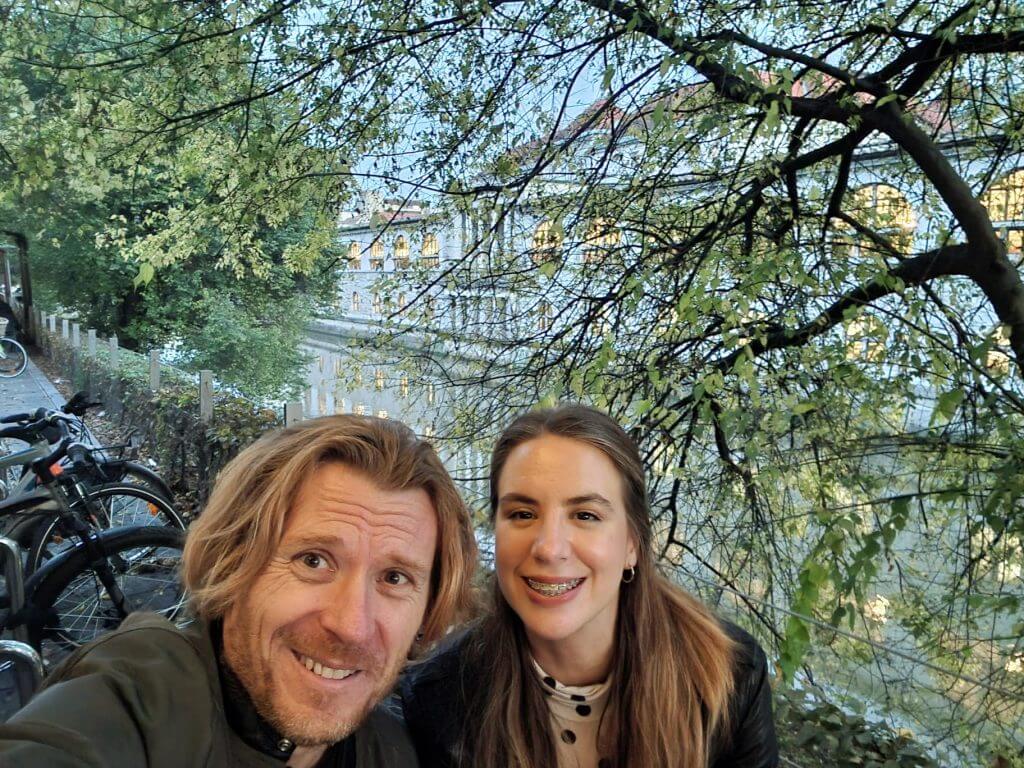
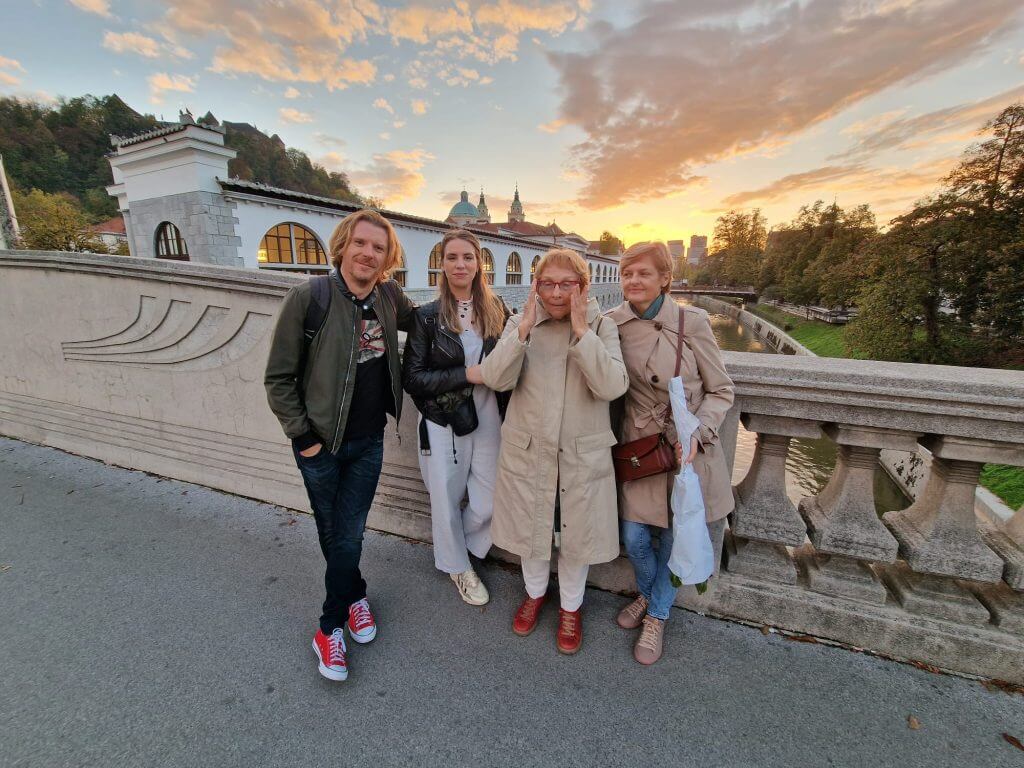
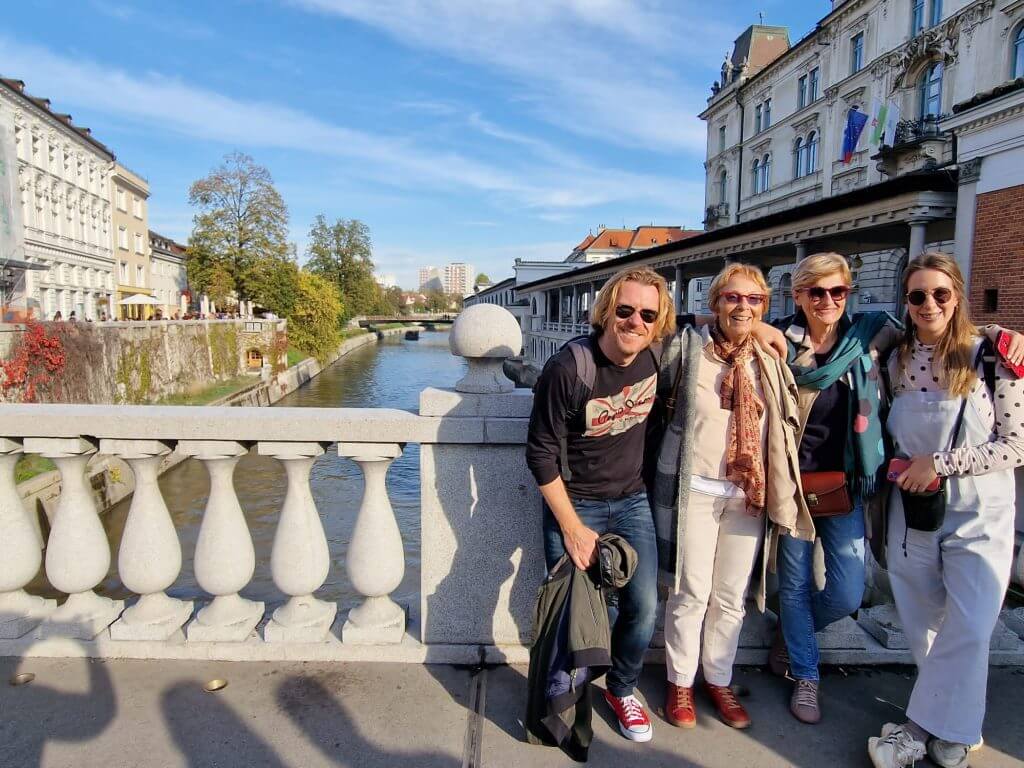
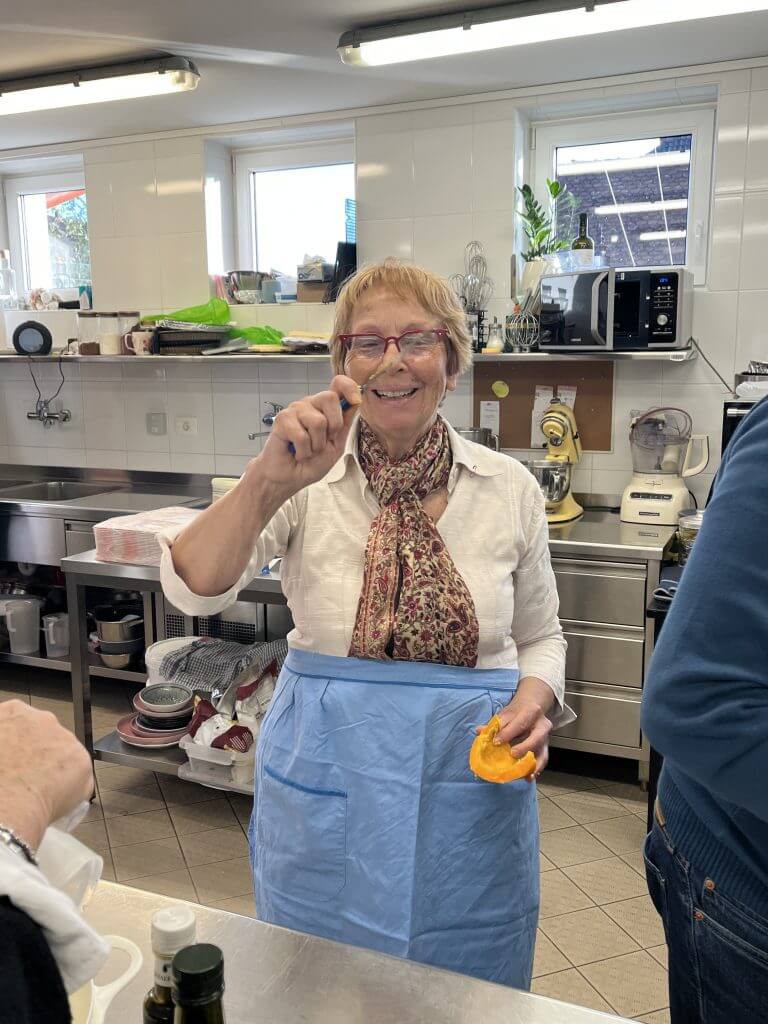
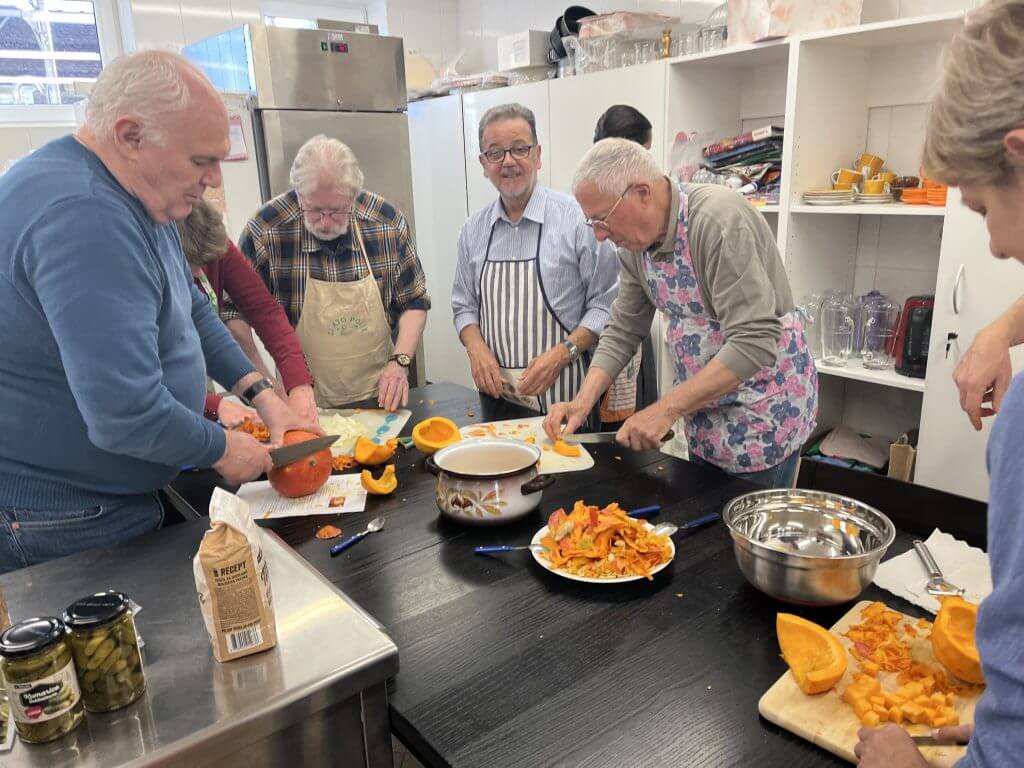
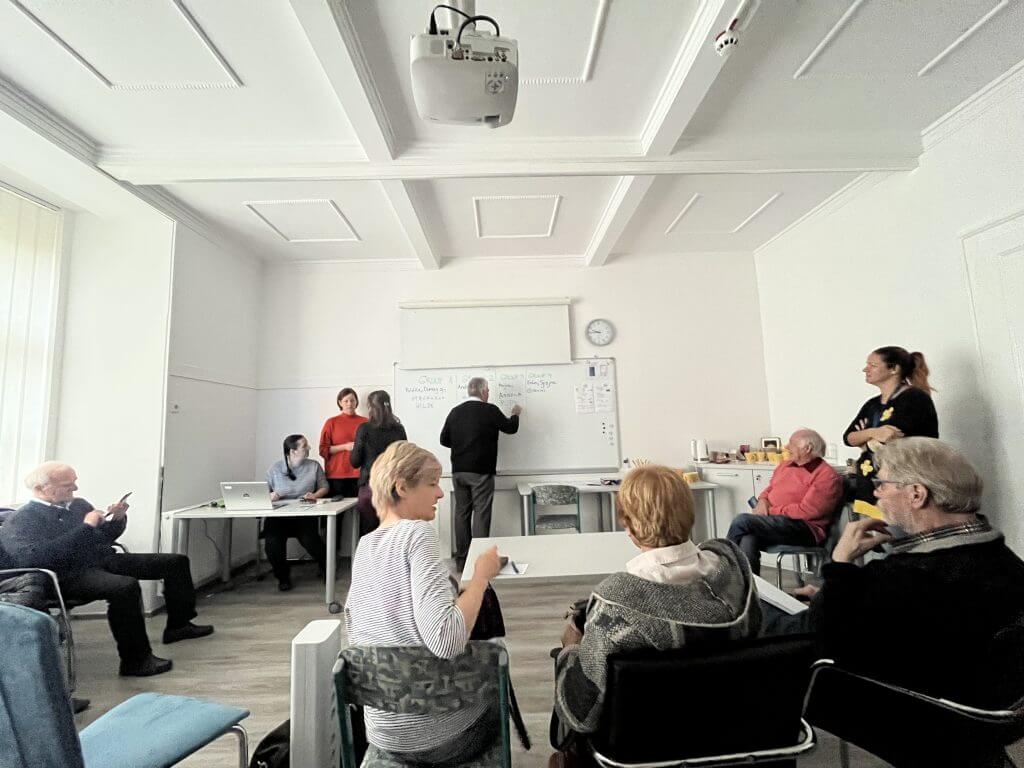
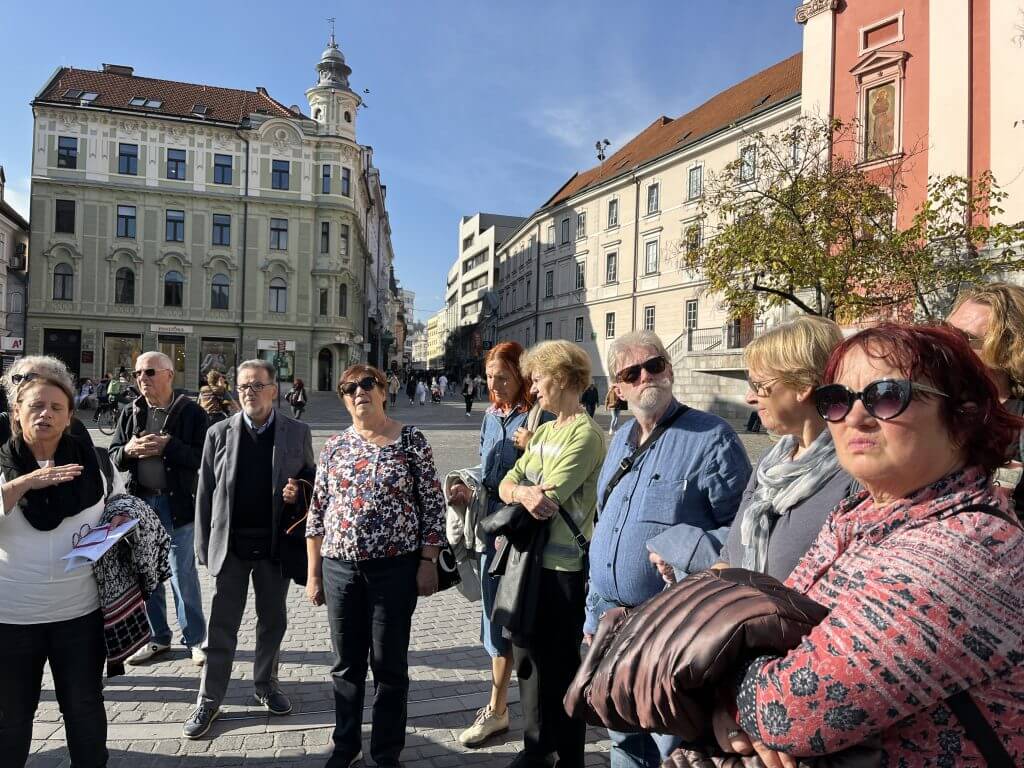
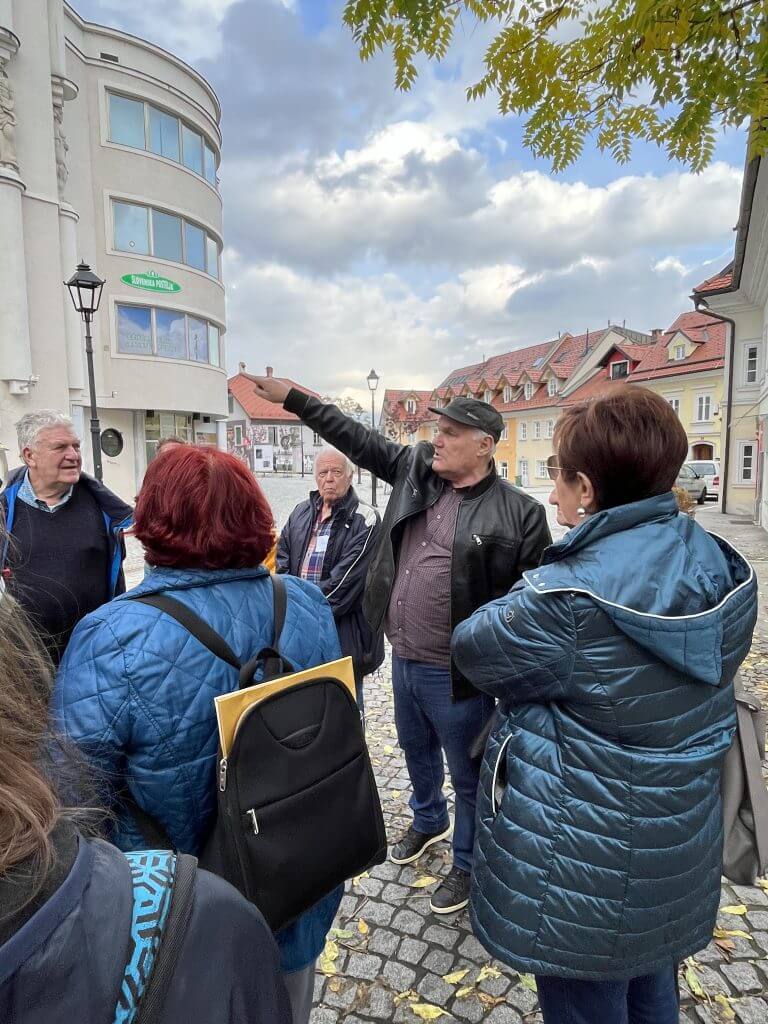
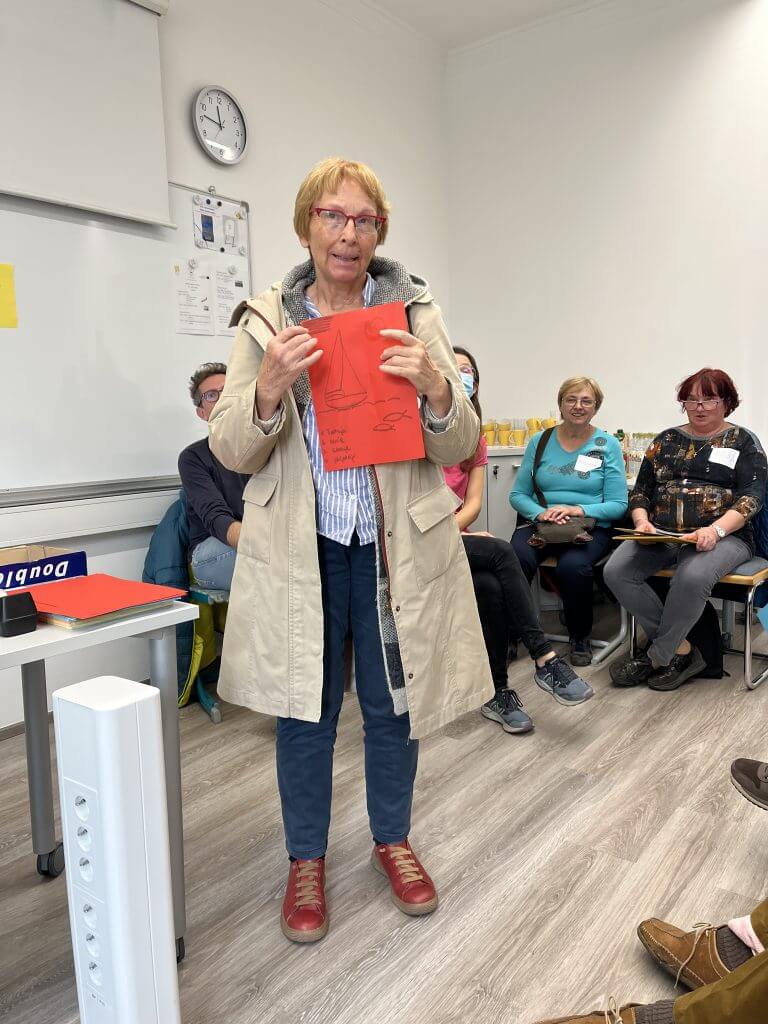
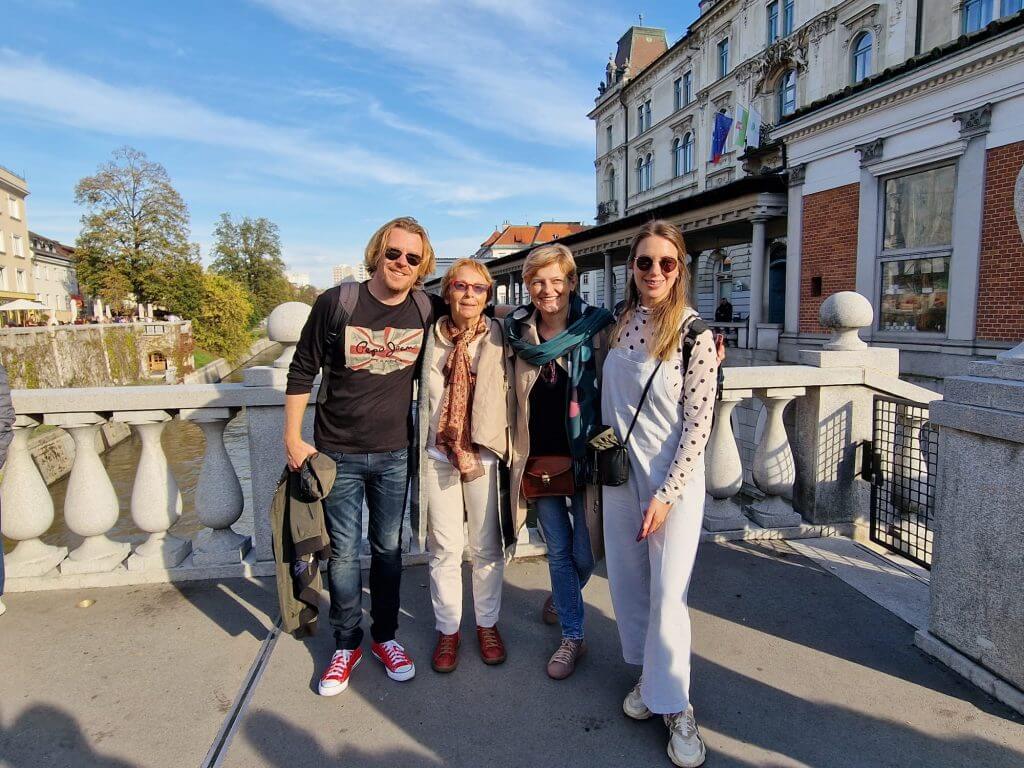
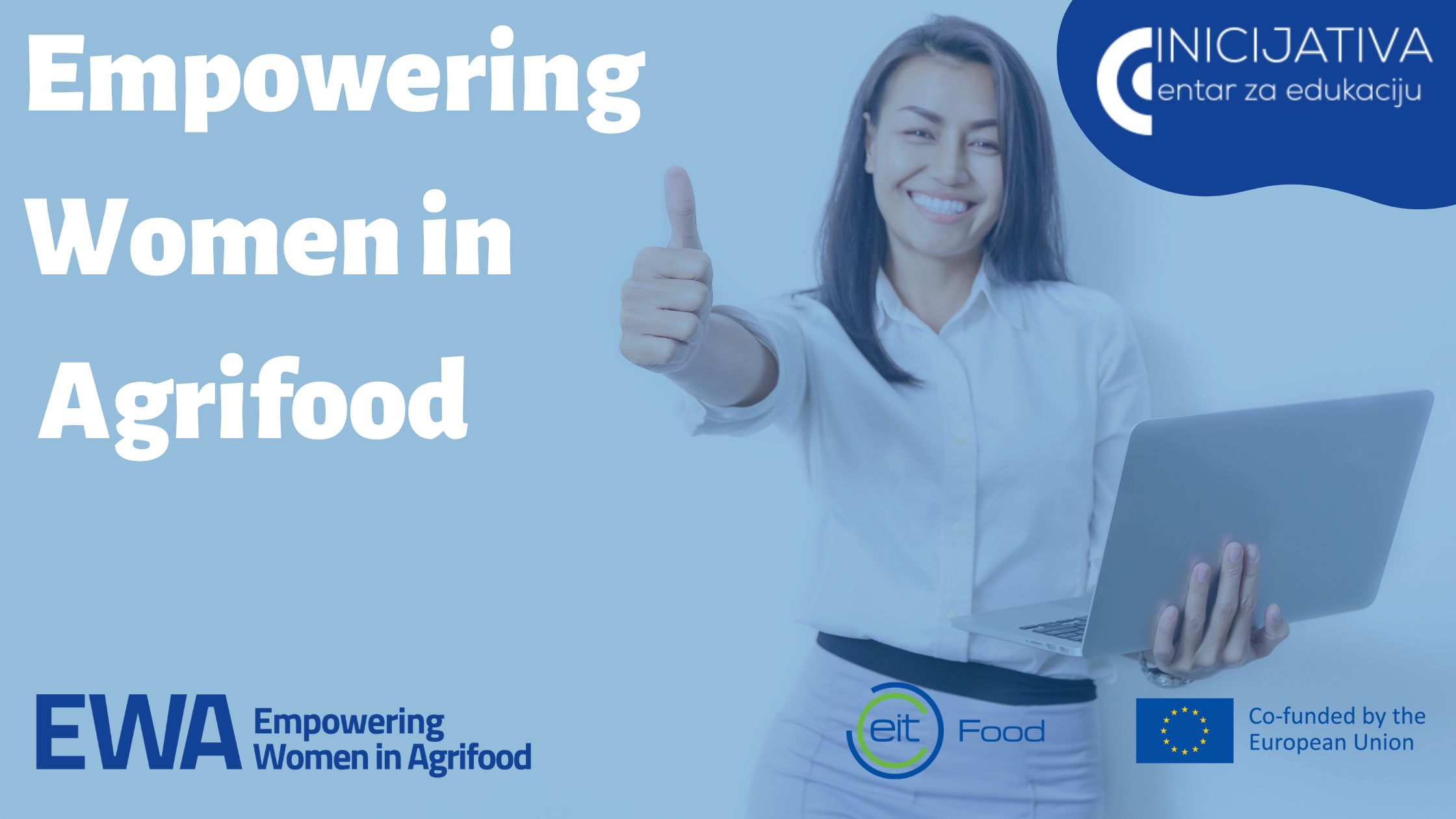

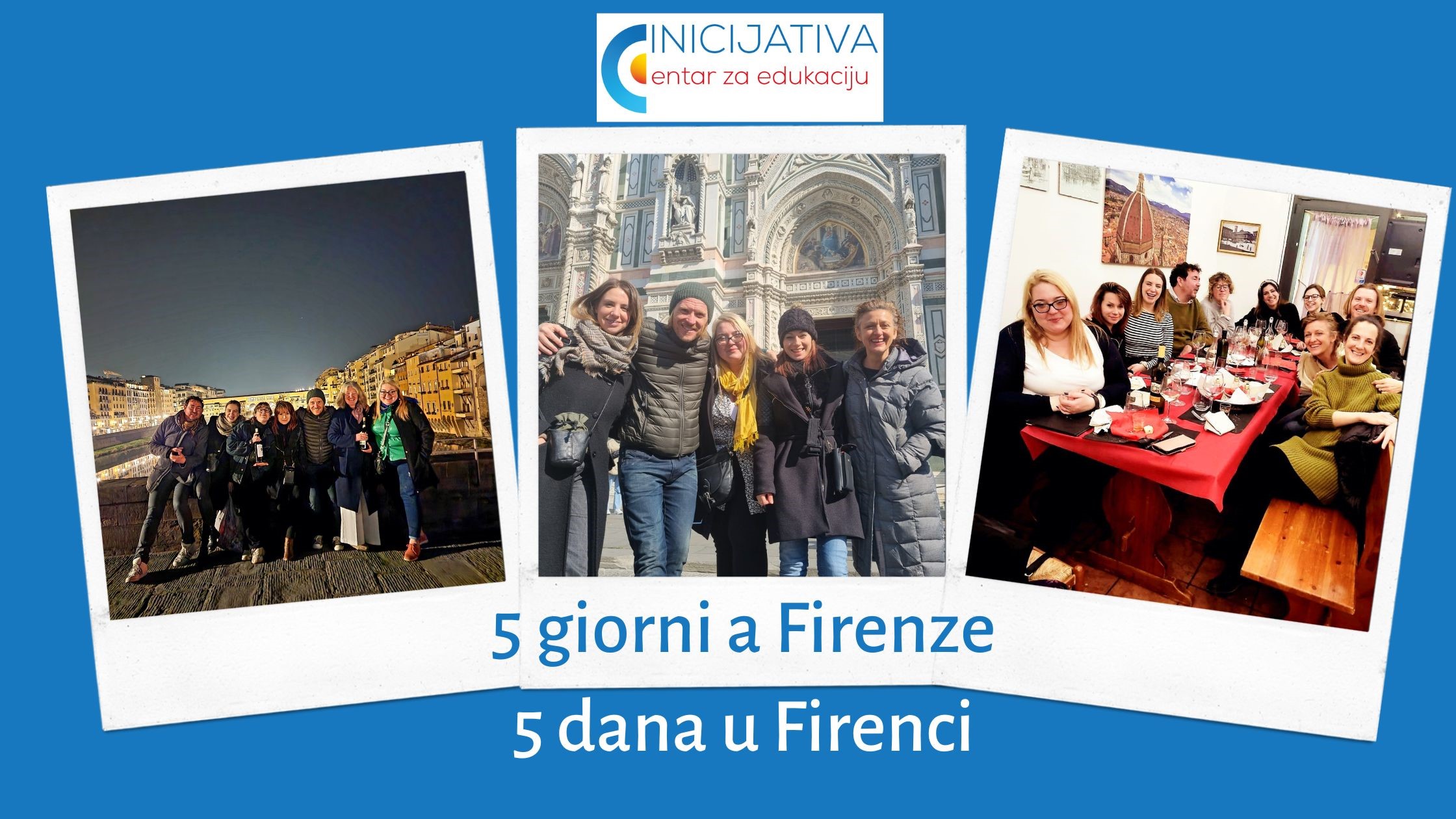

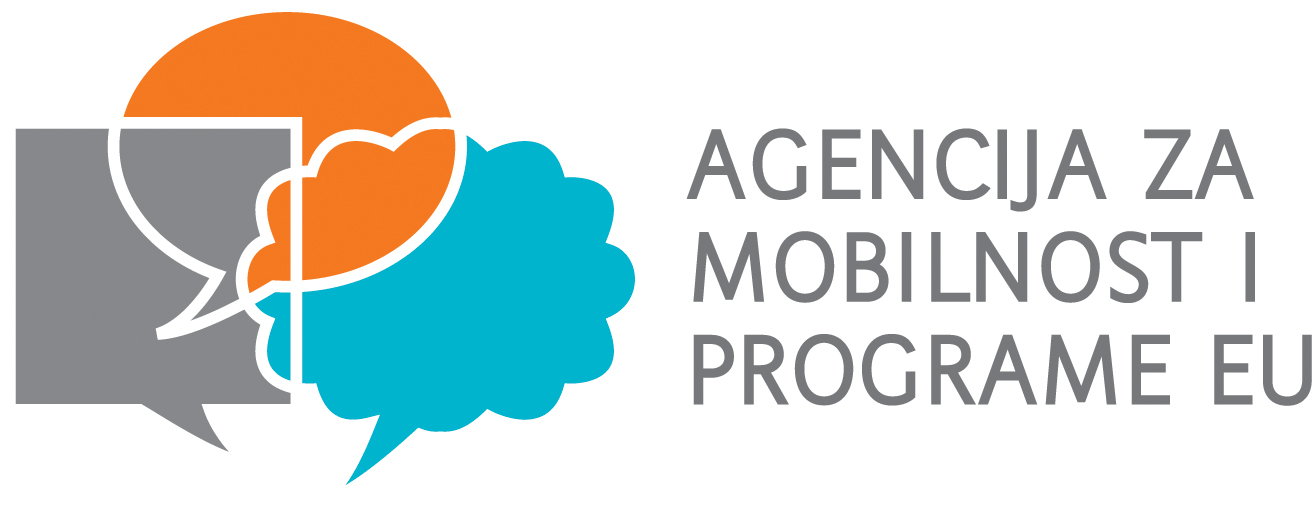
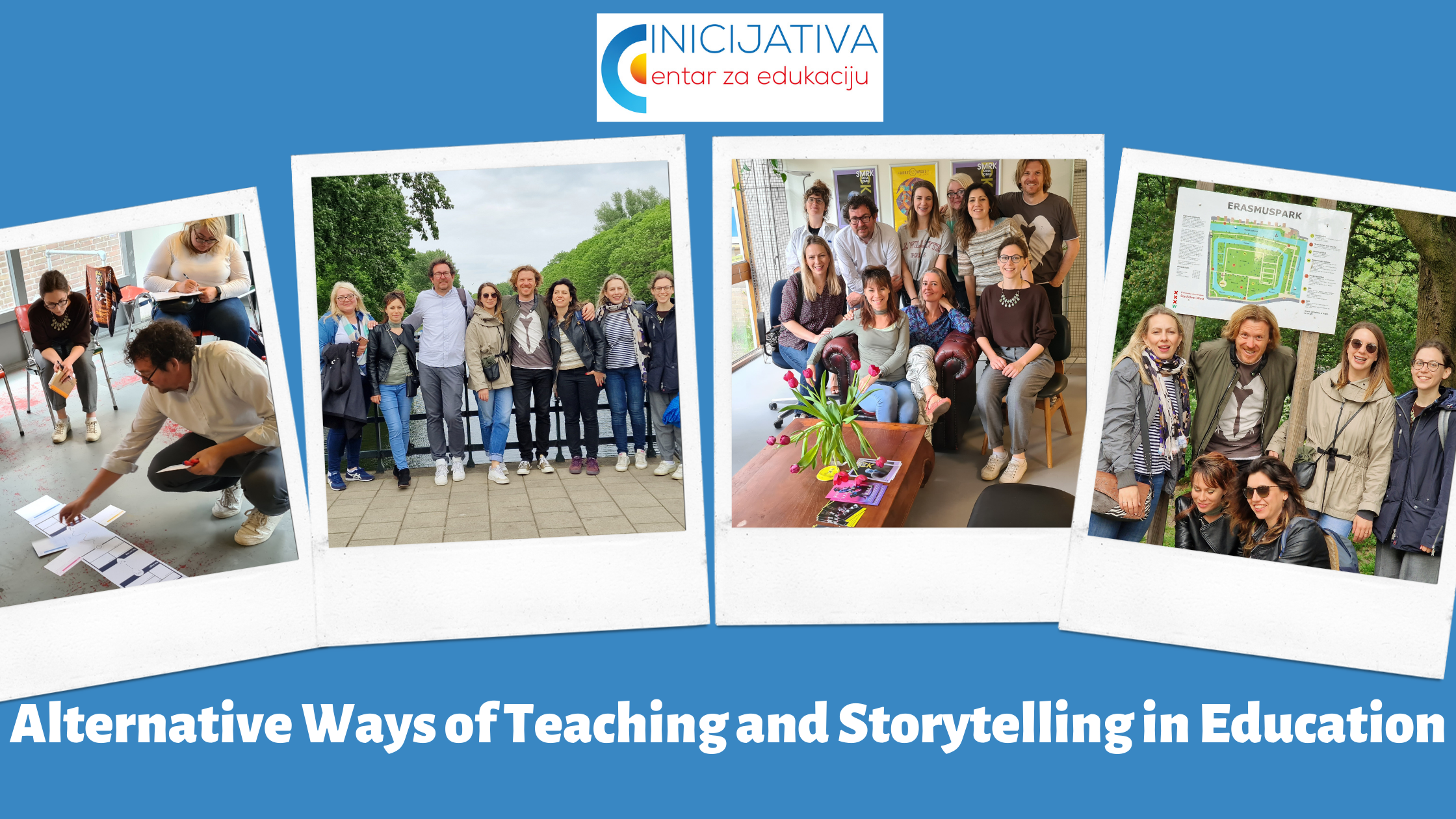
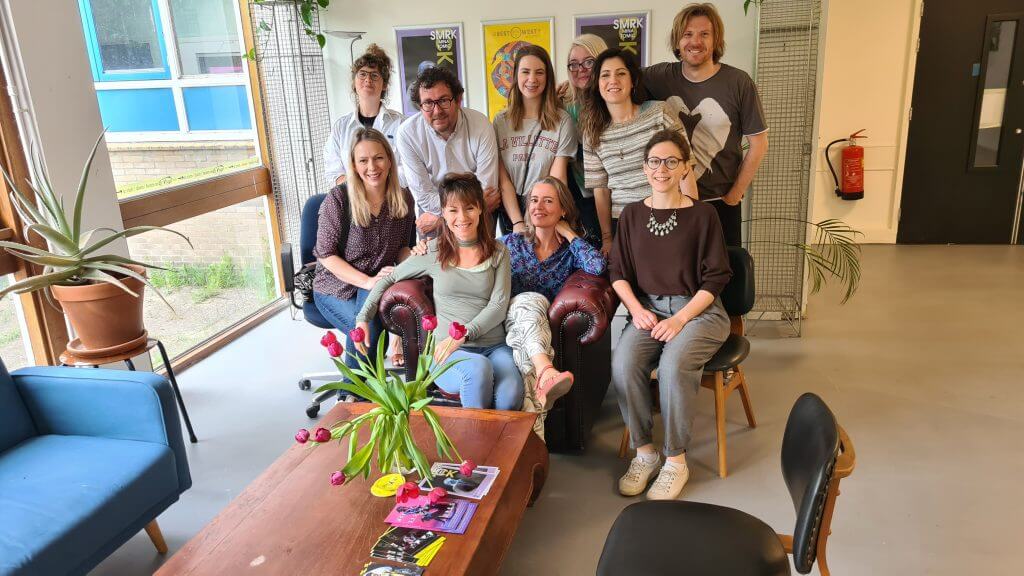
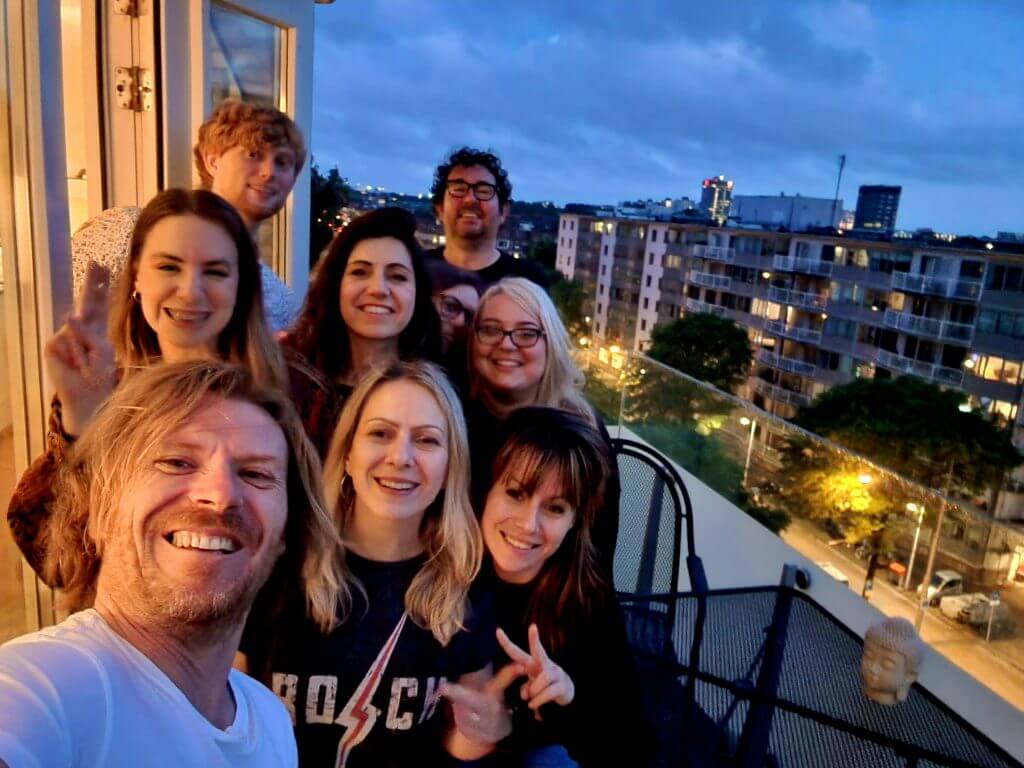
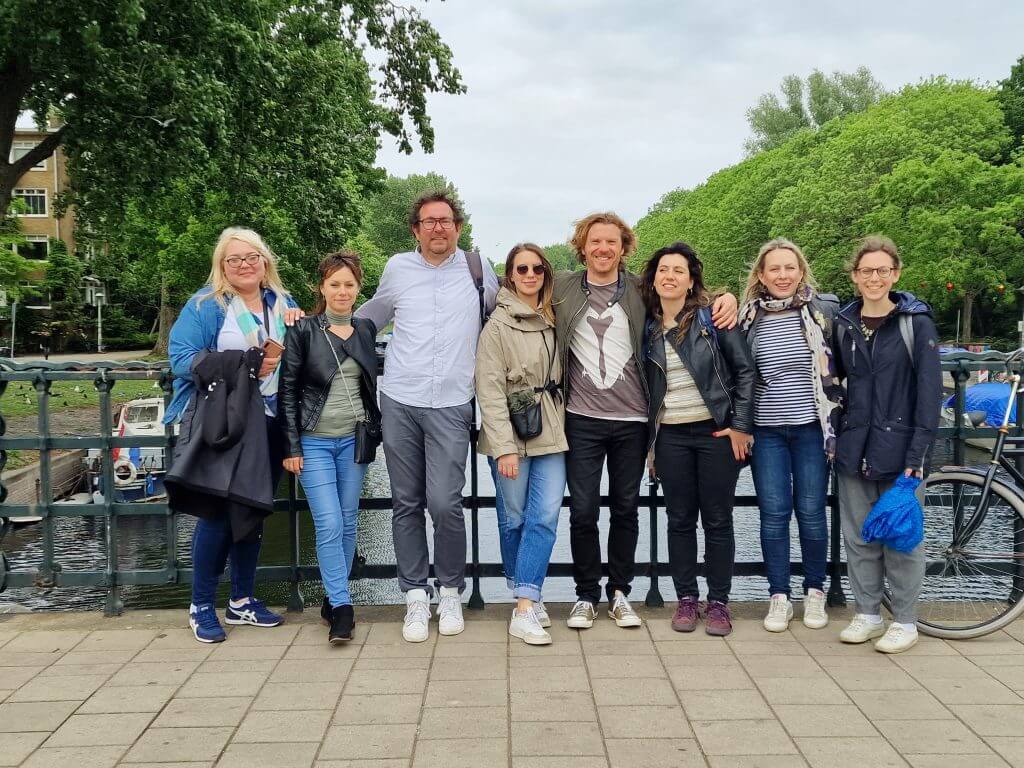
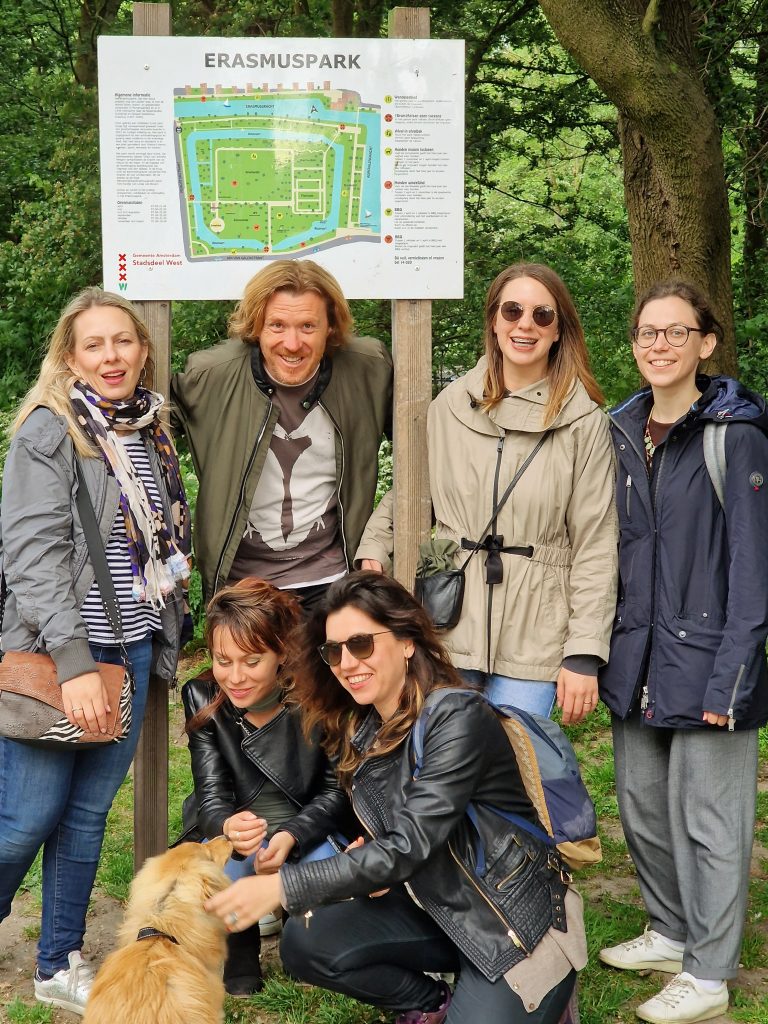
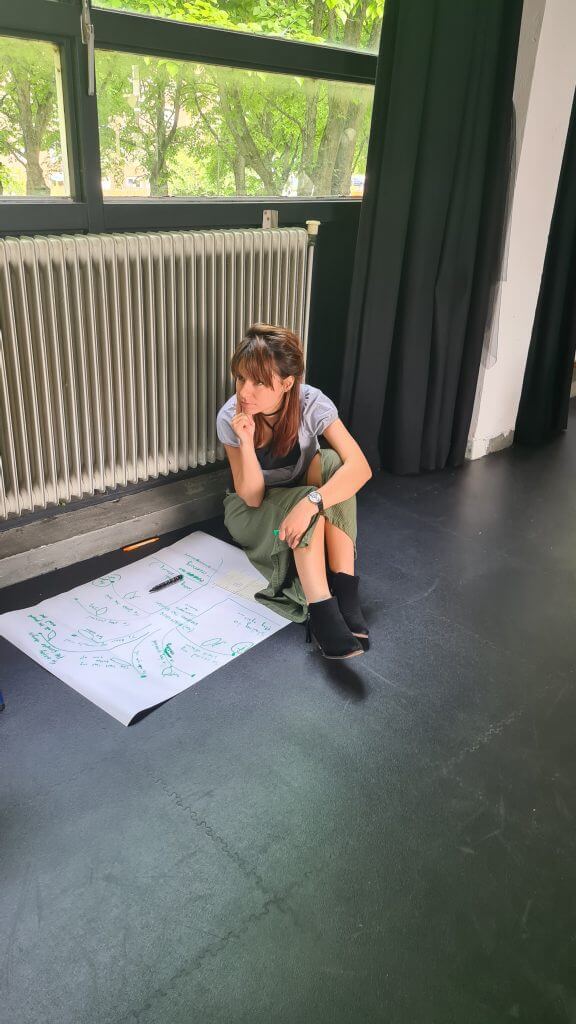
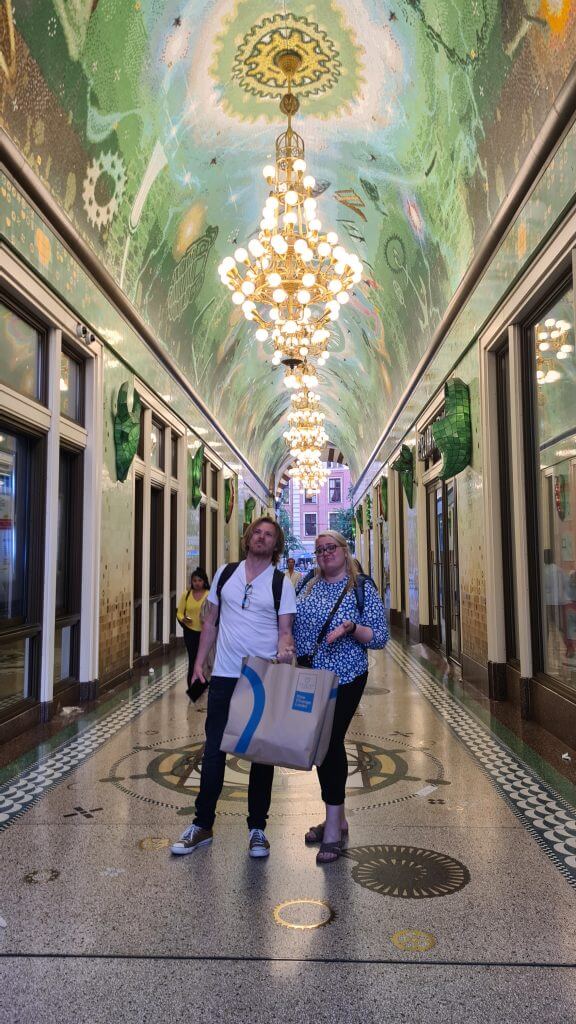
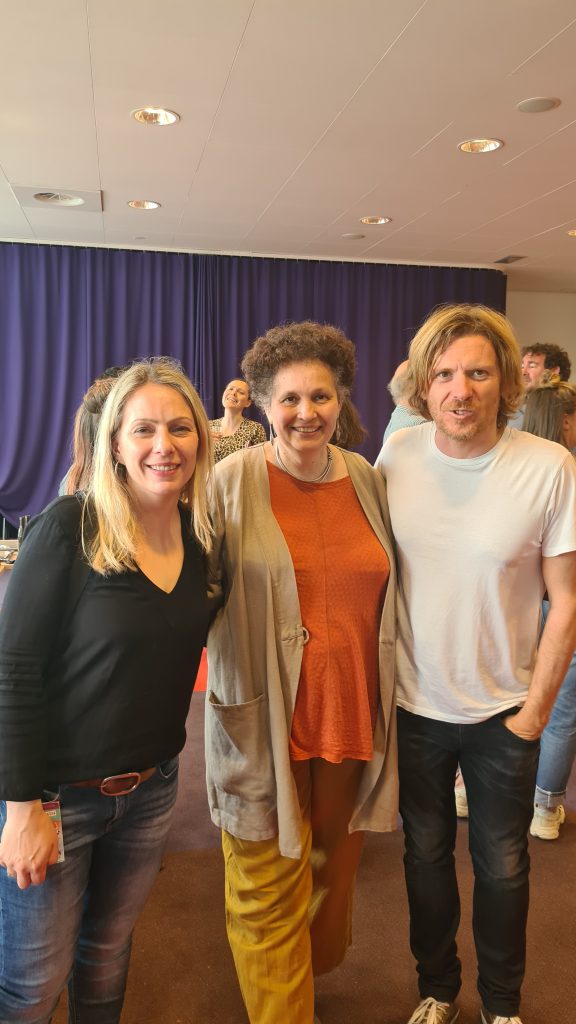
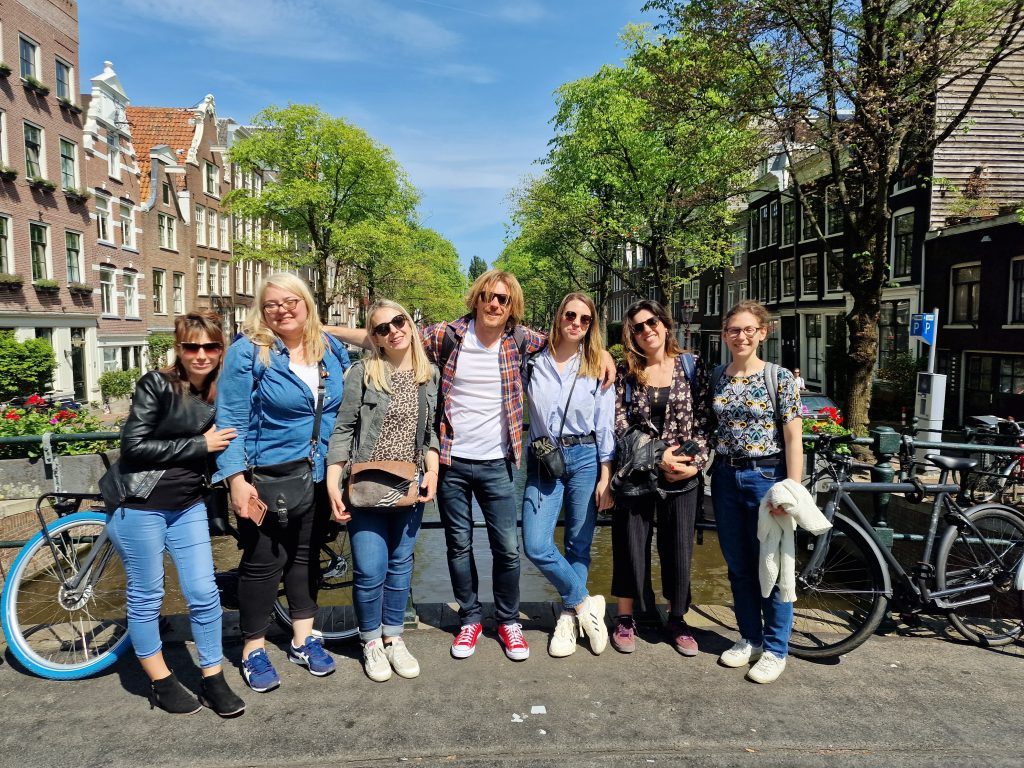
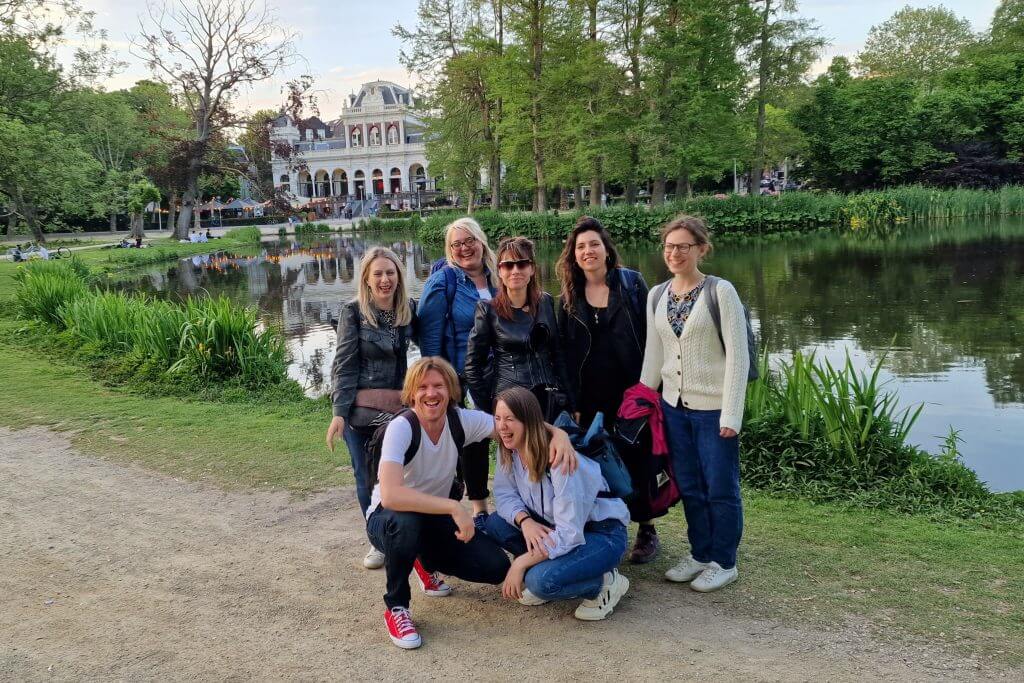
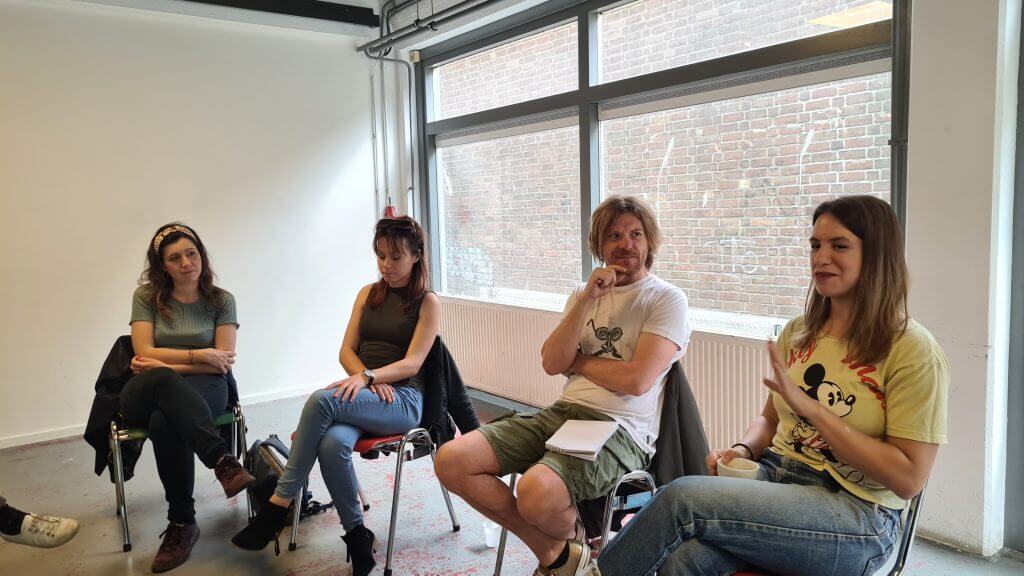
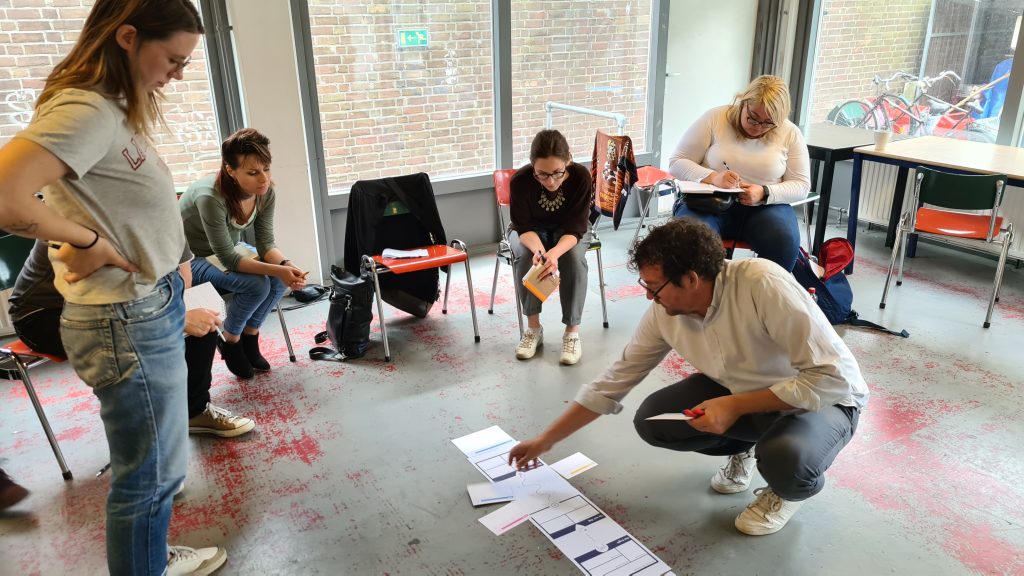
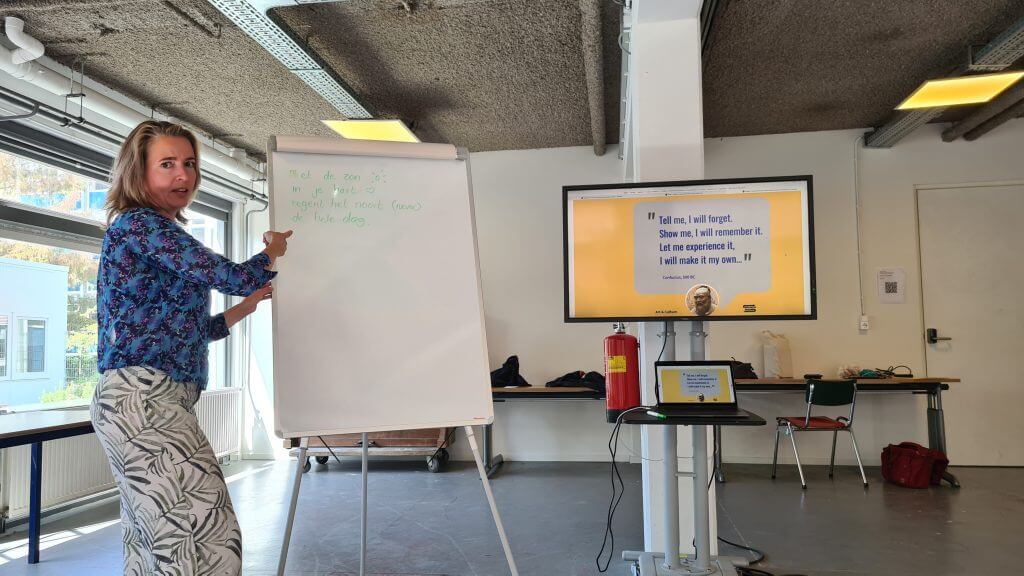
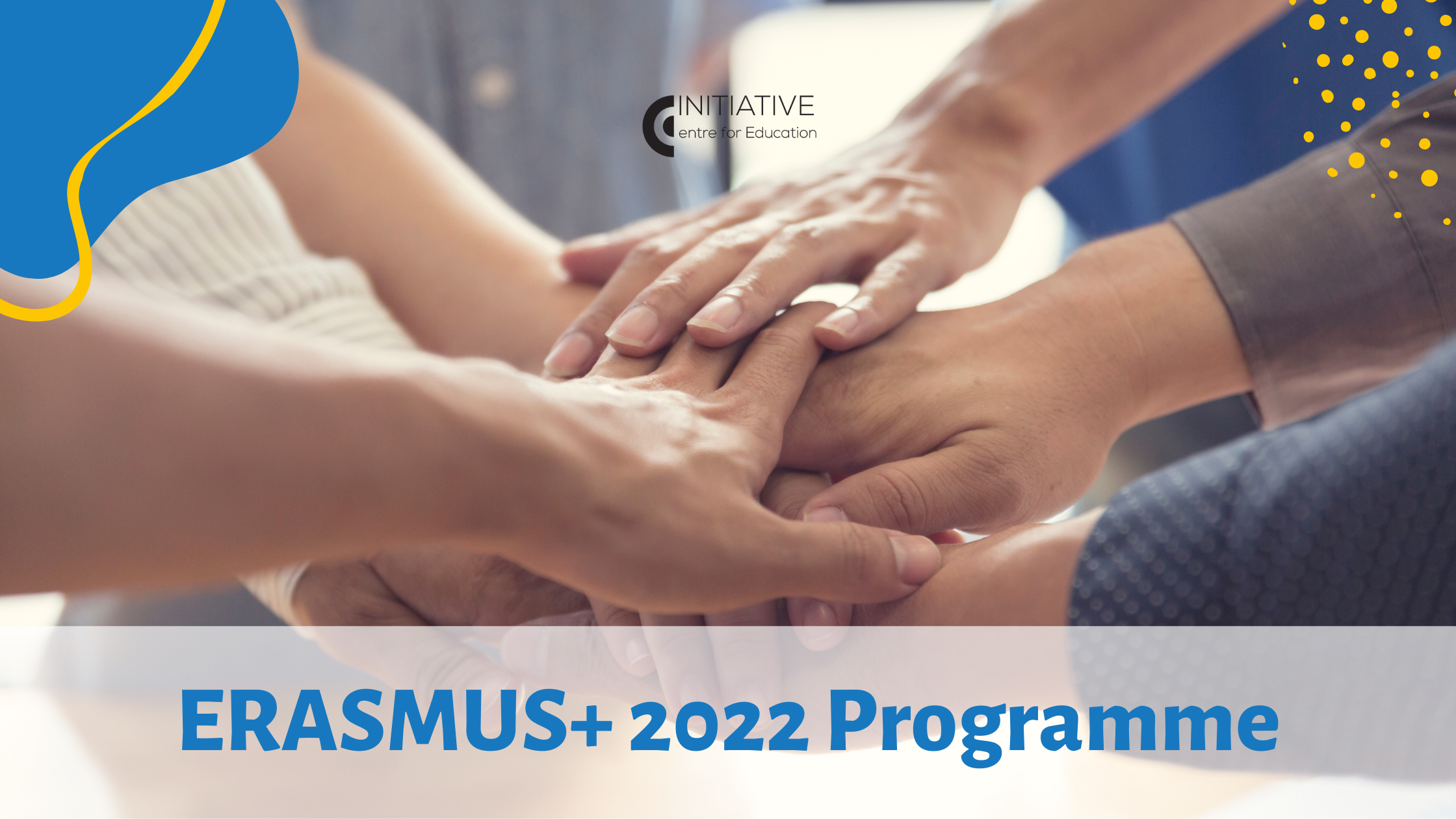
 Learn English while visiting Europe's best Christmas market
Learn English while visiting Europe's best Christmas market